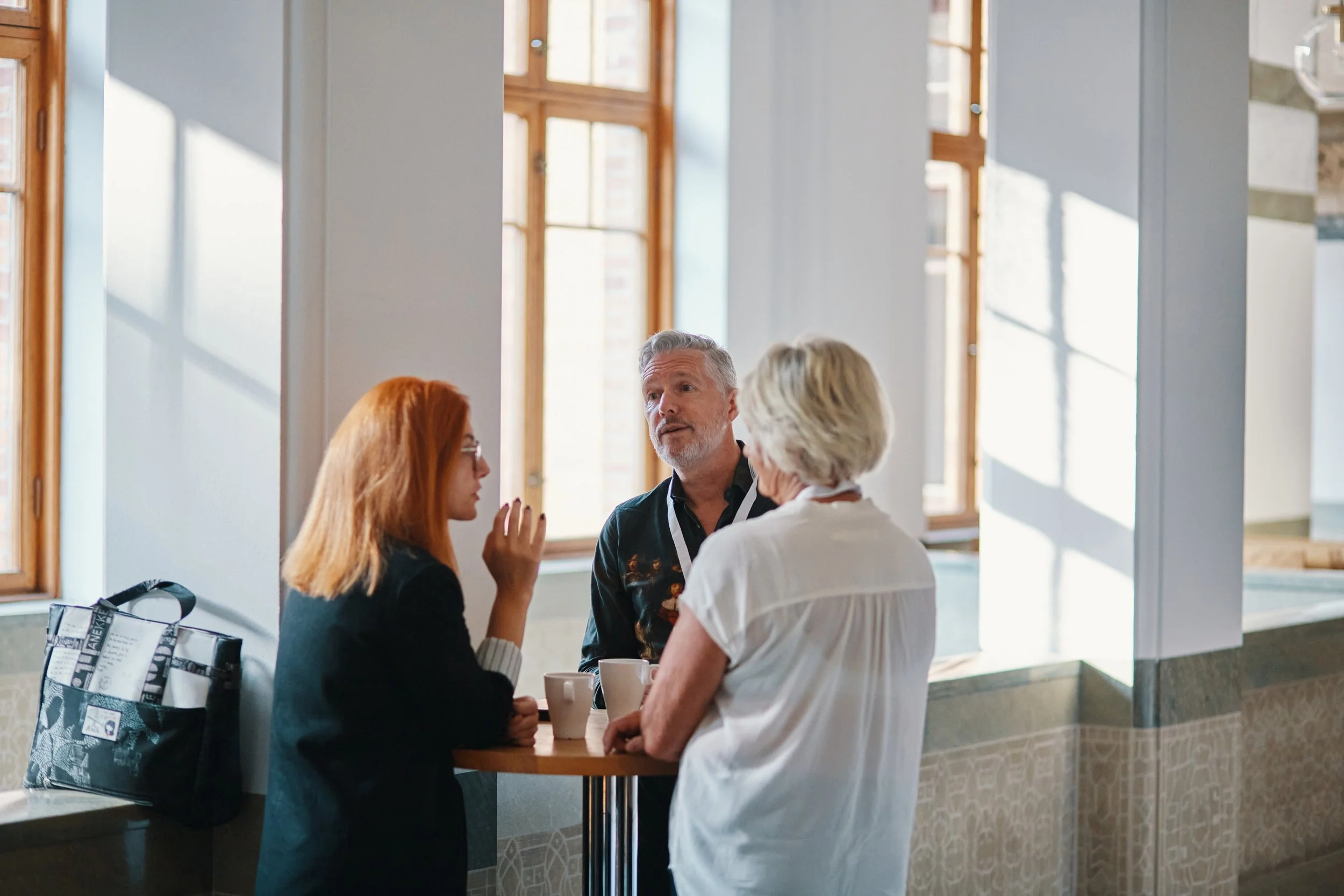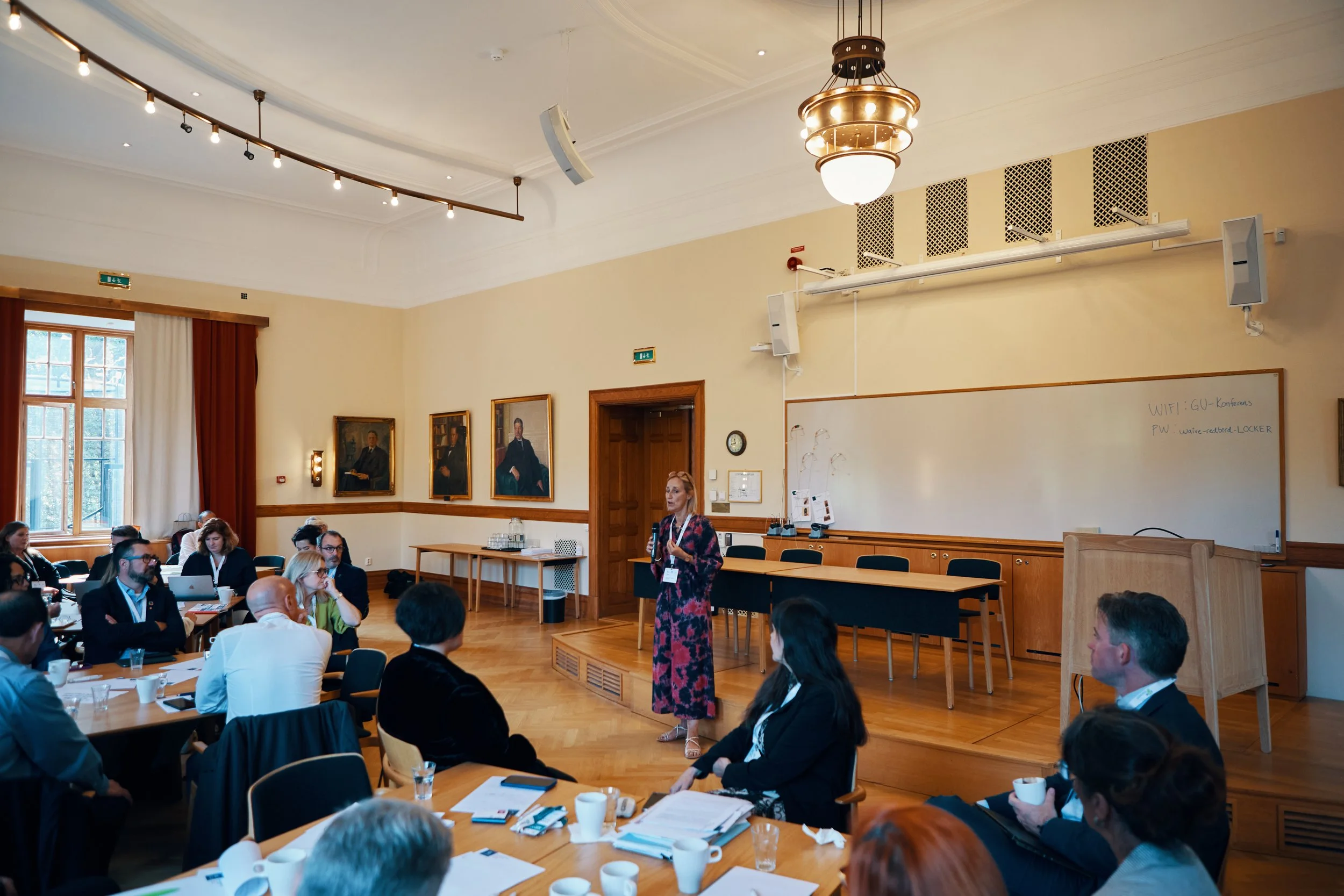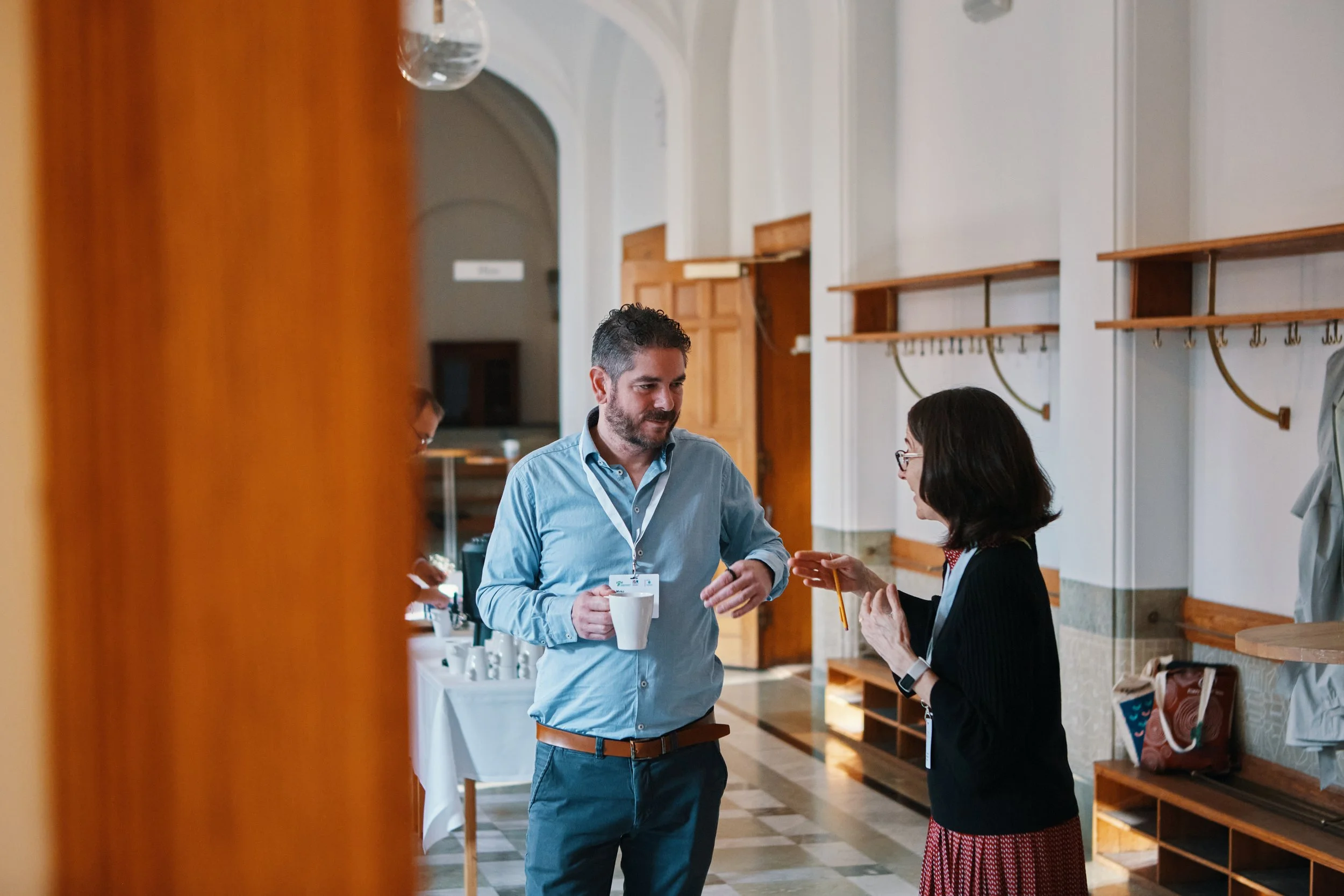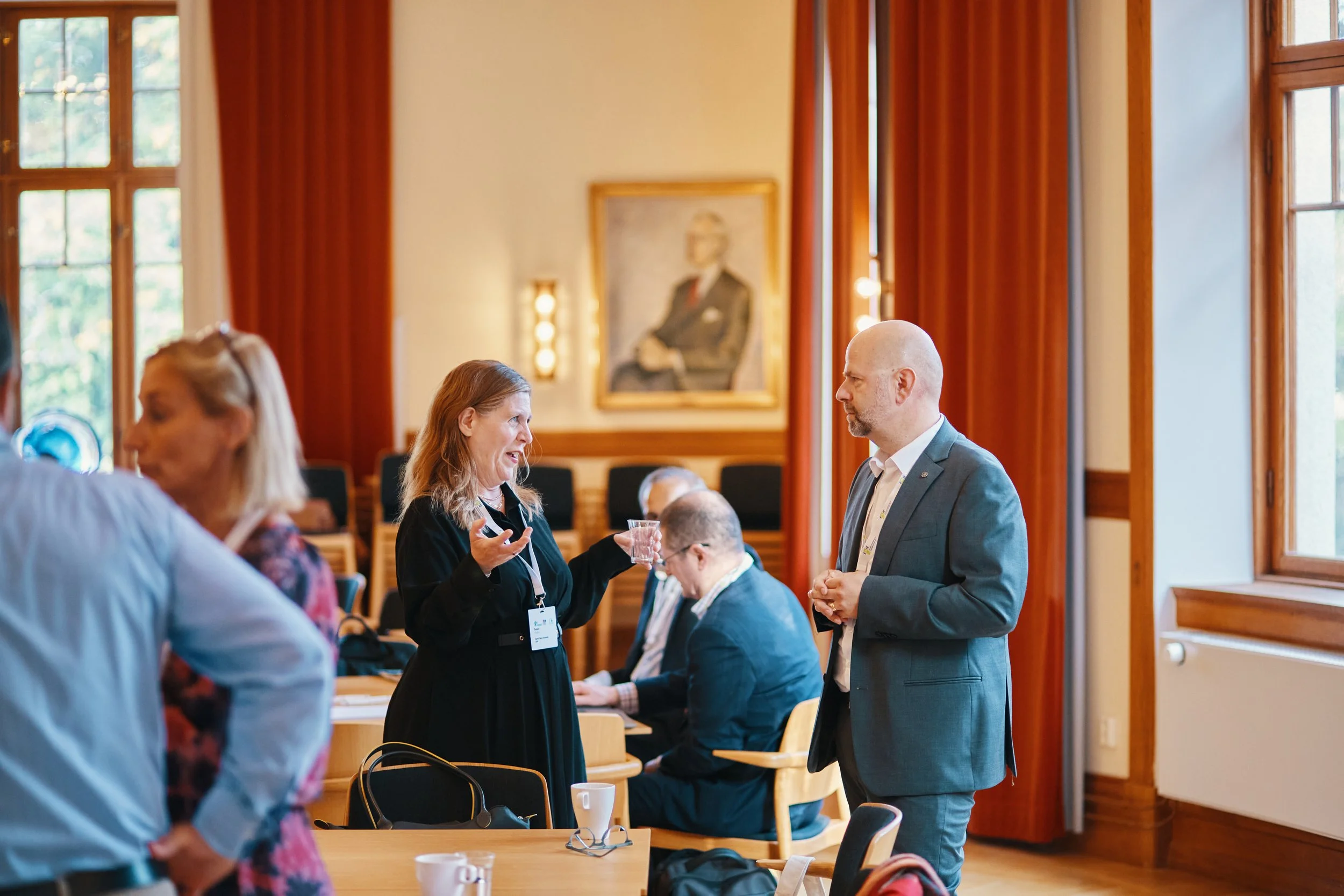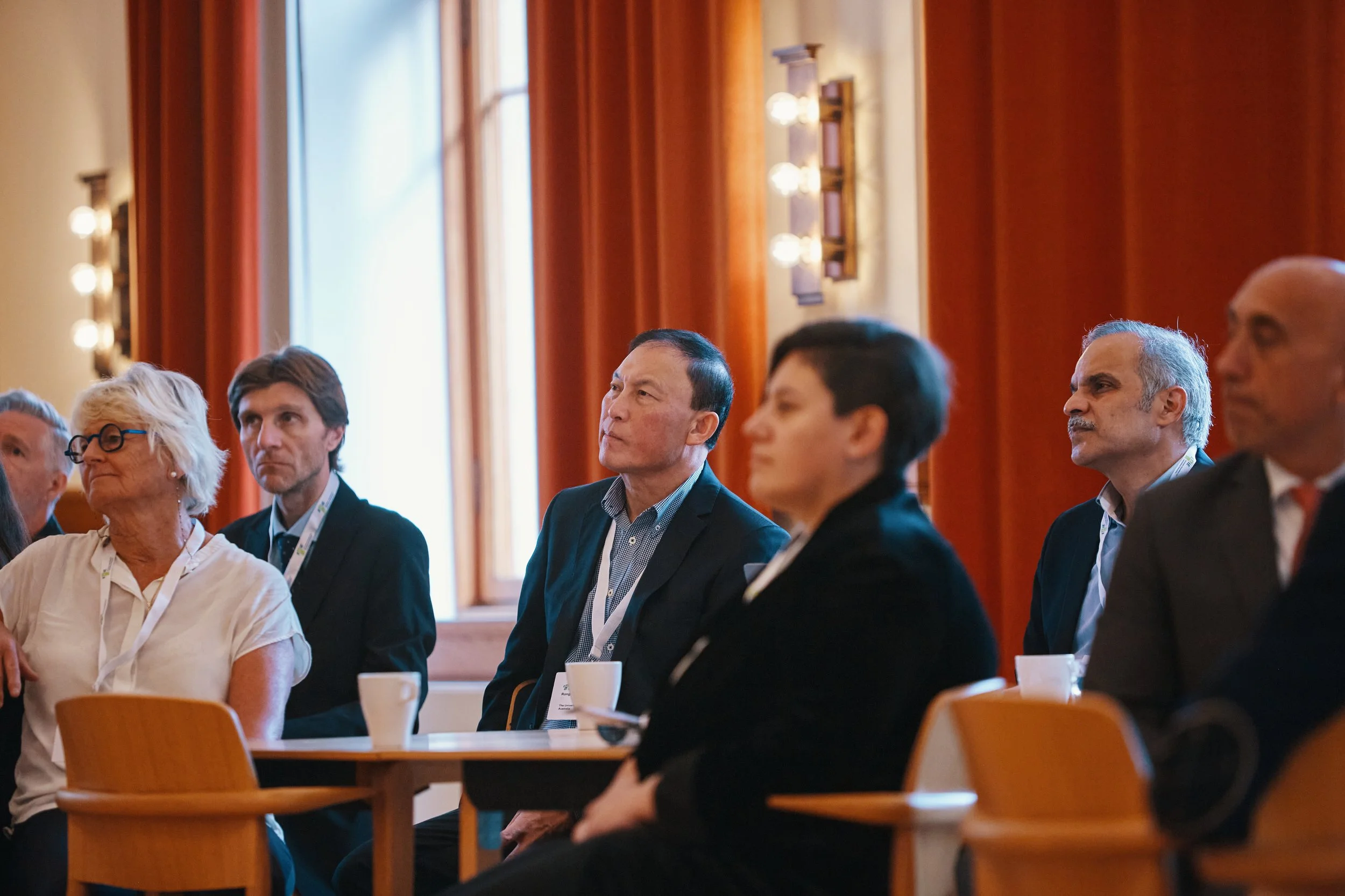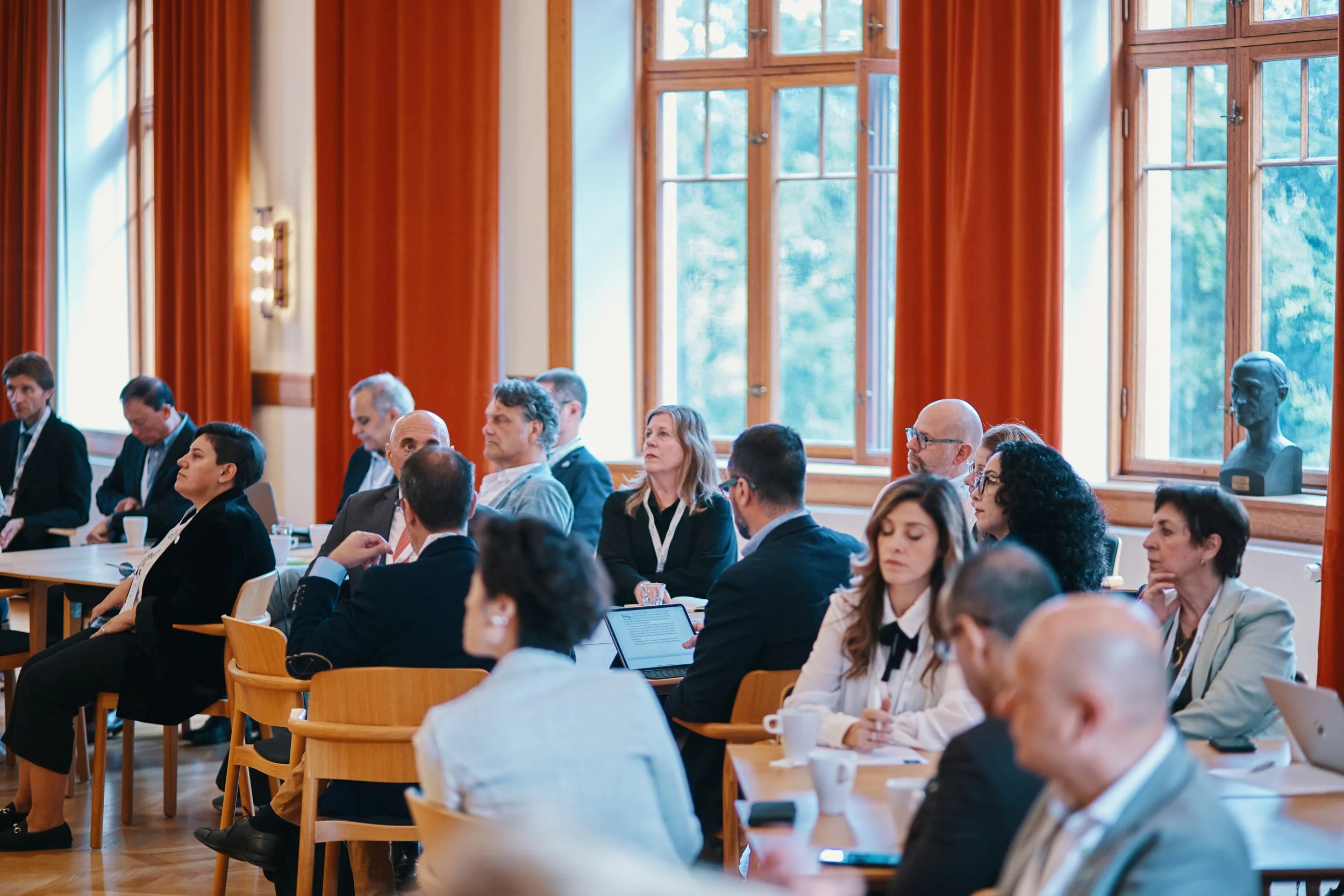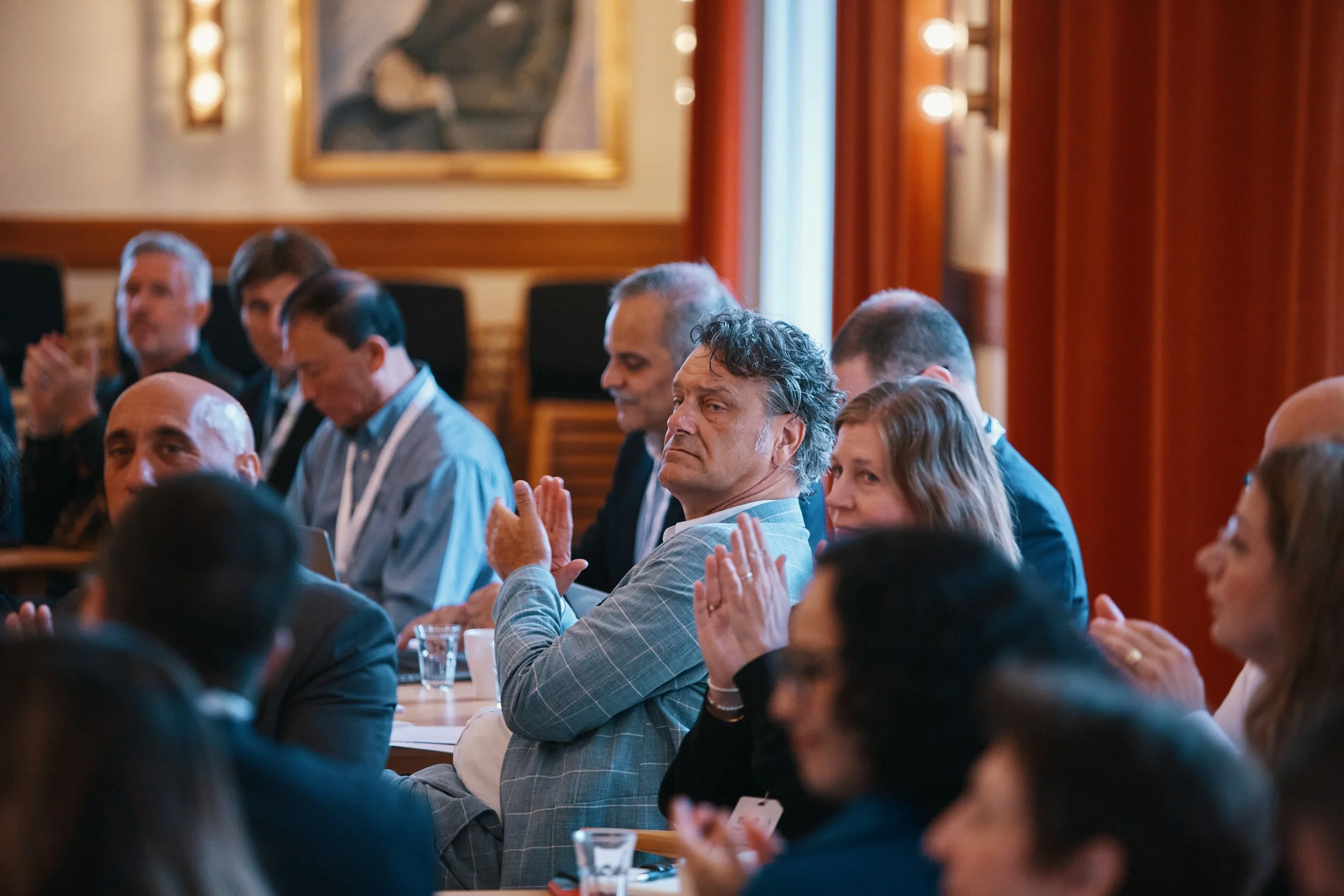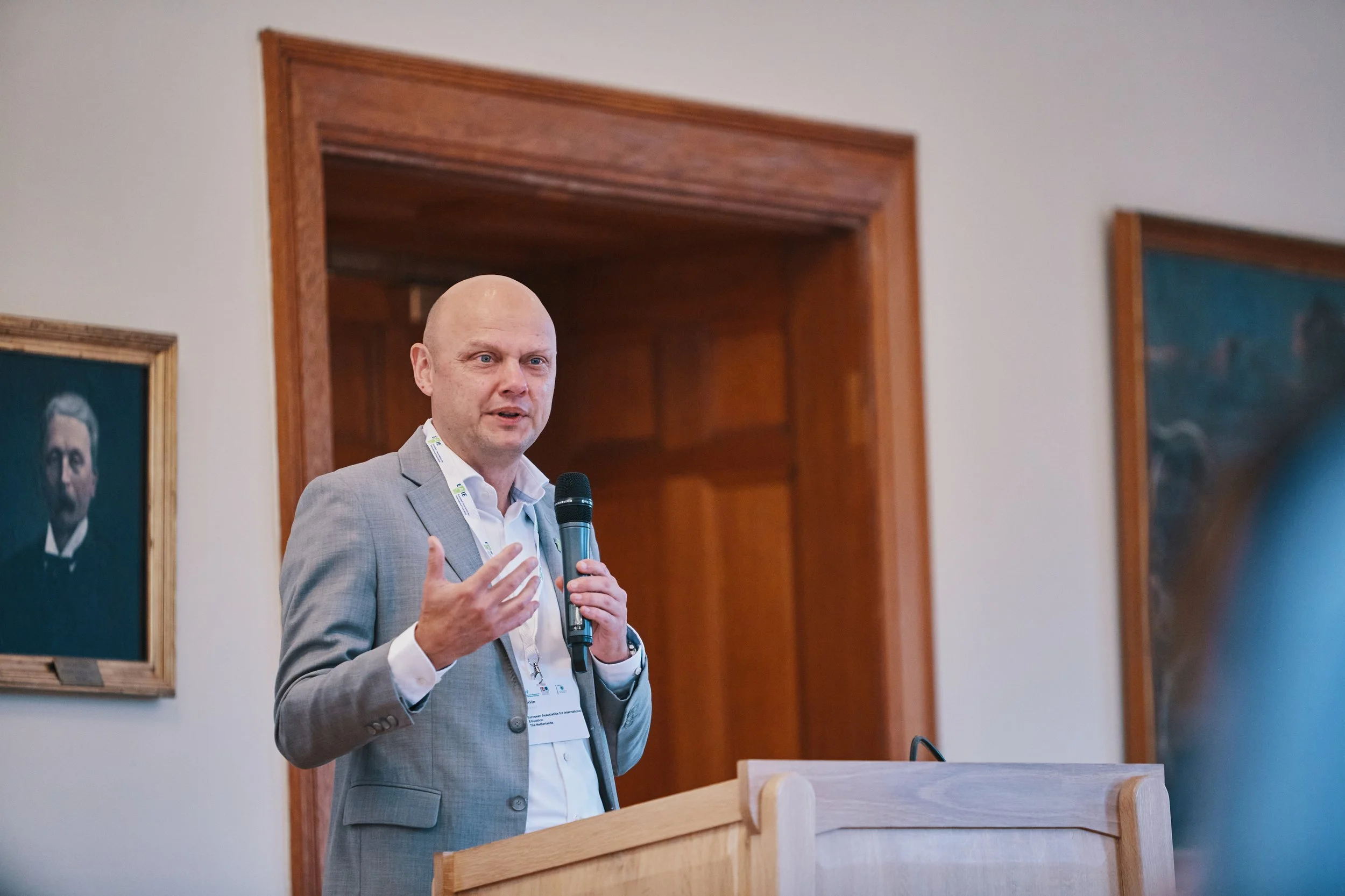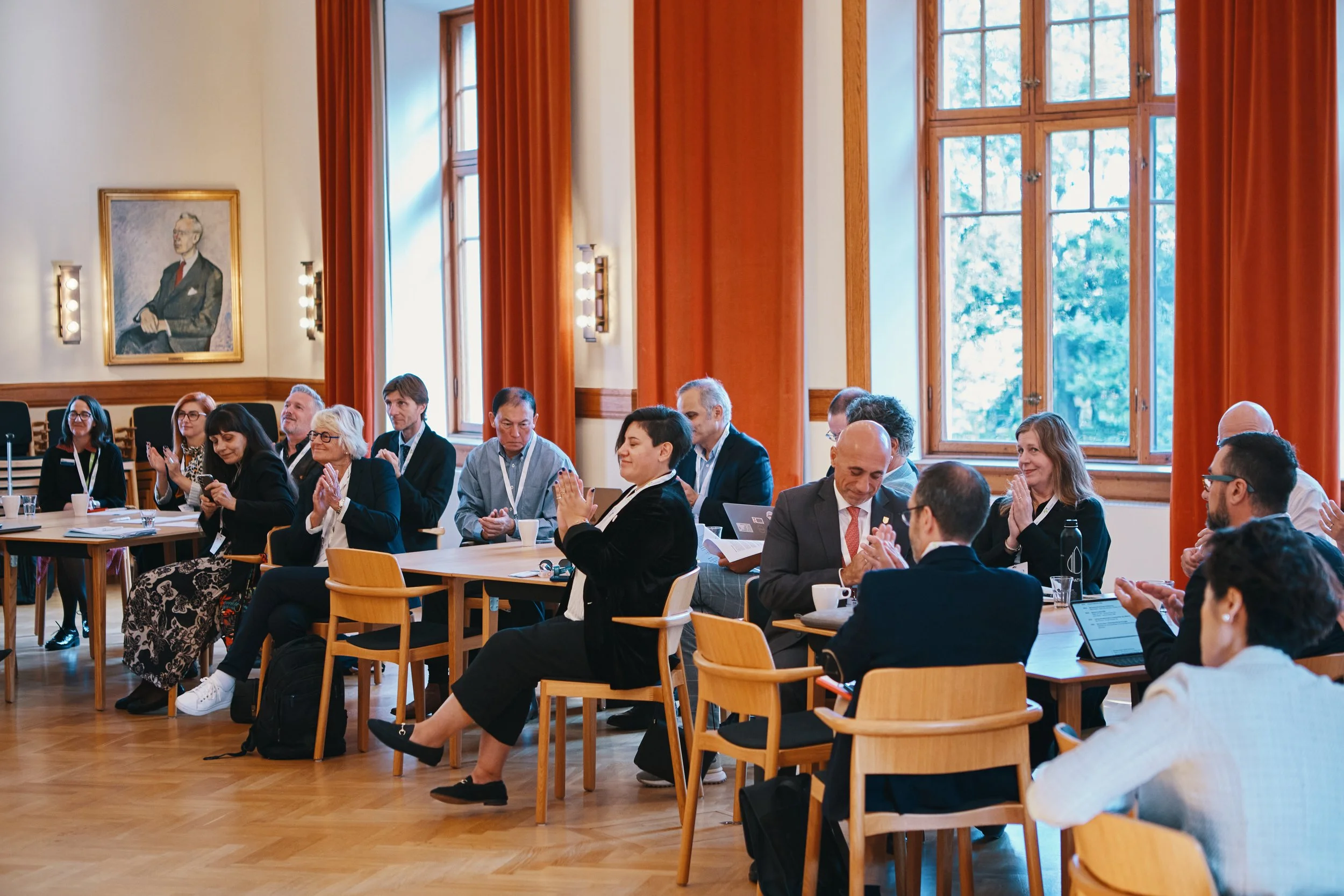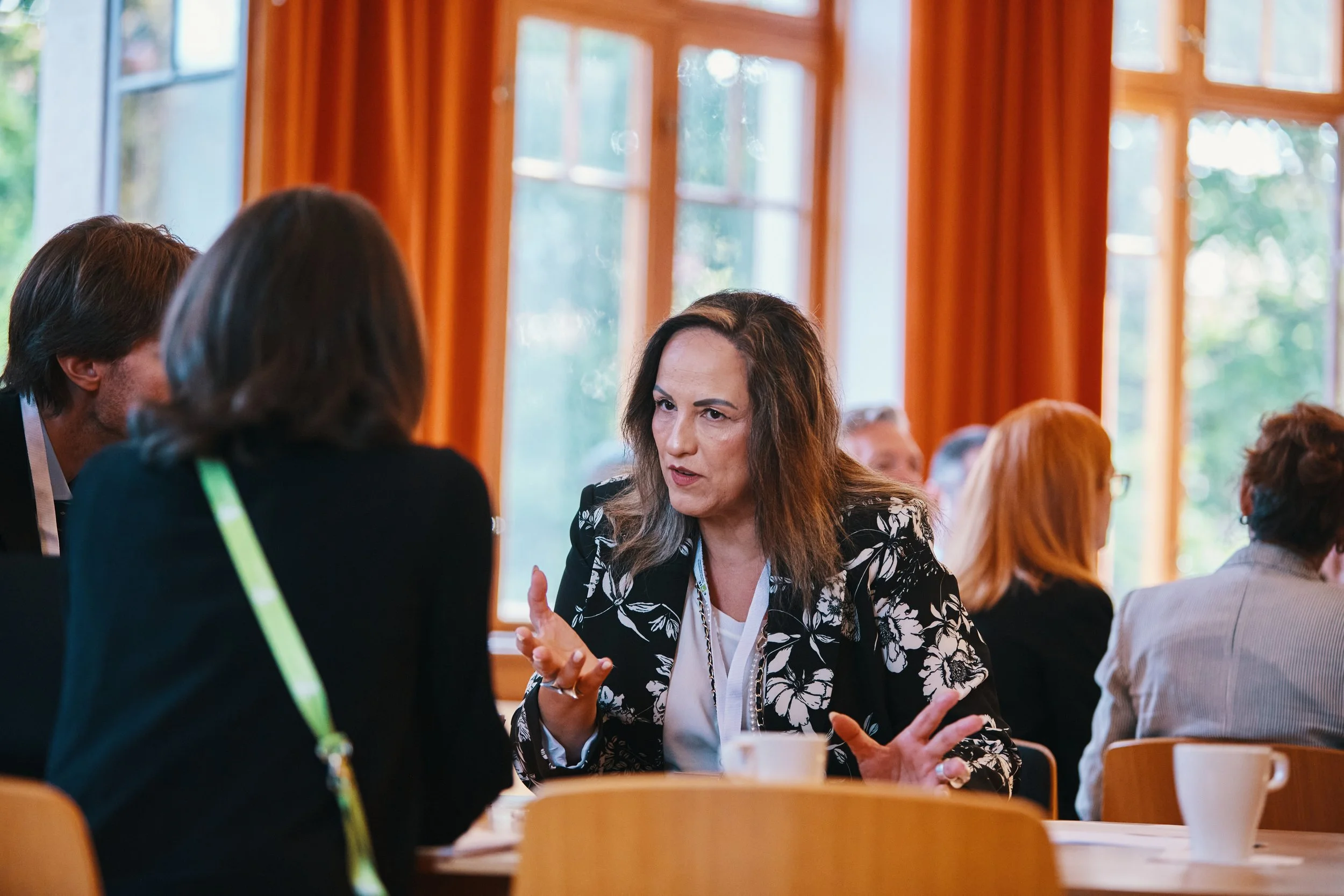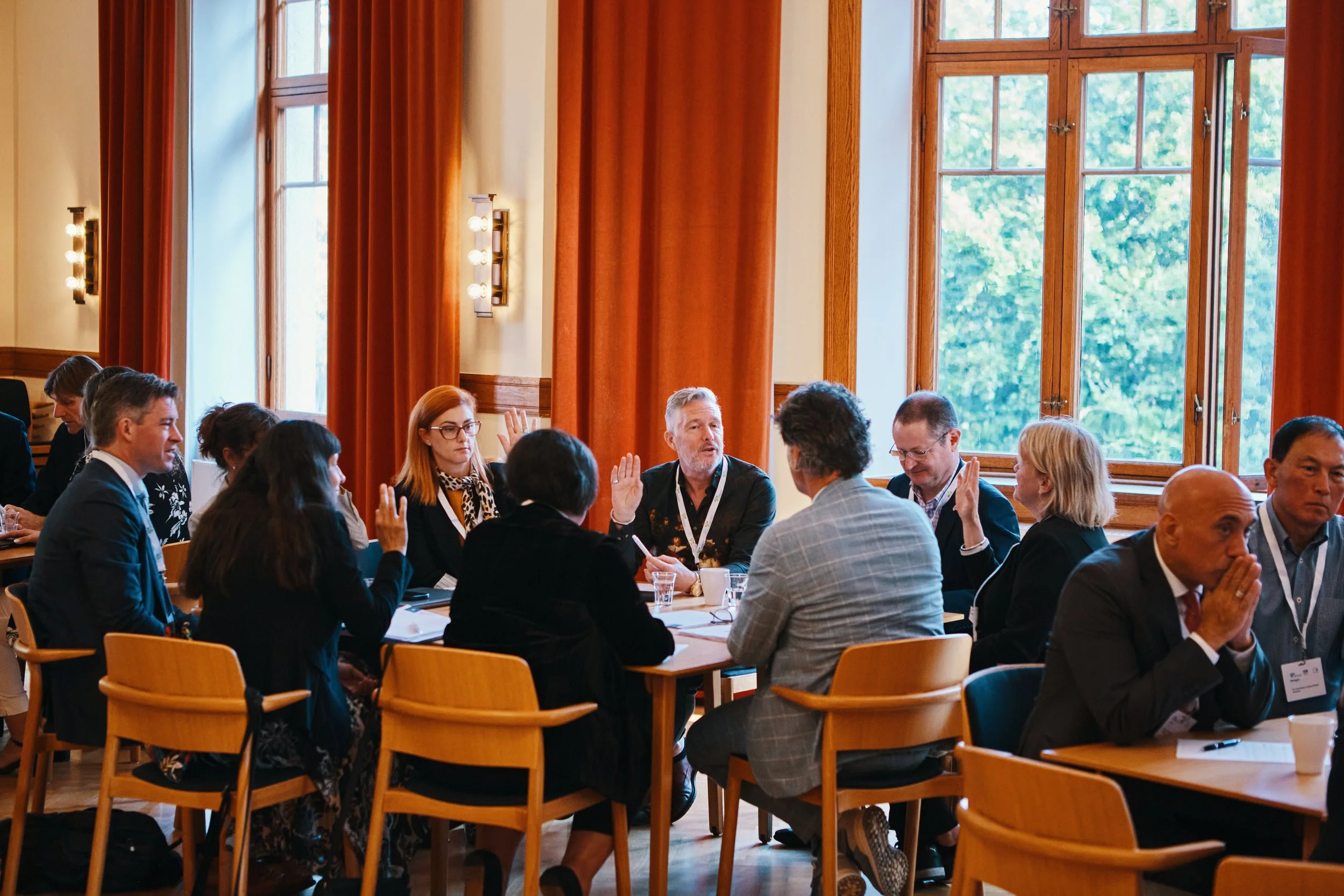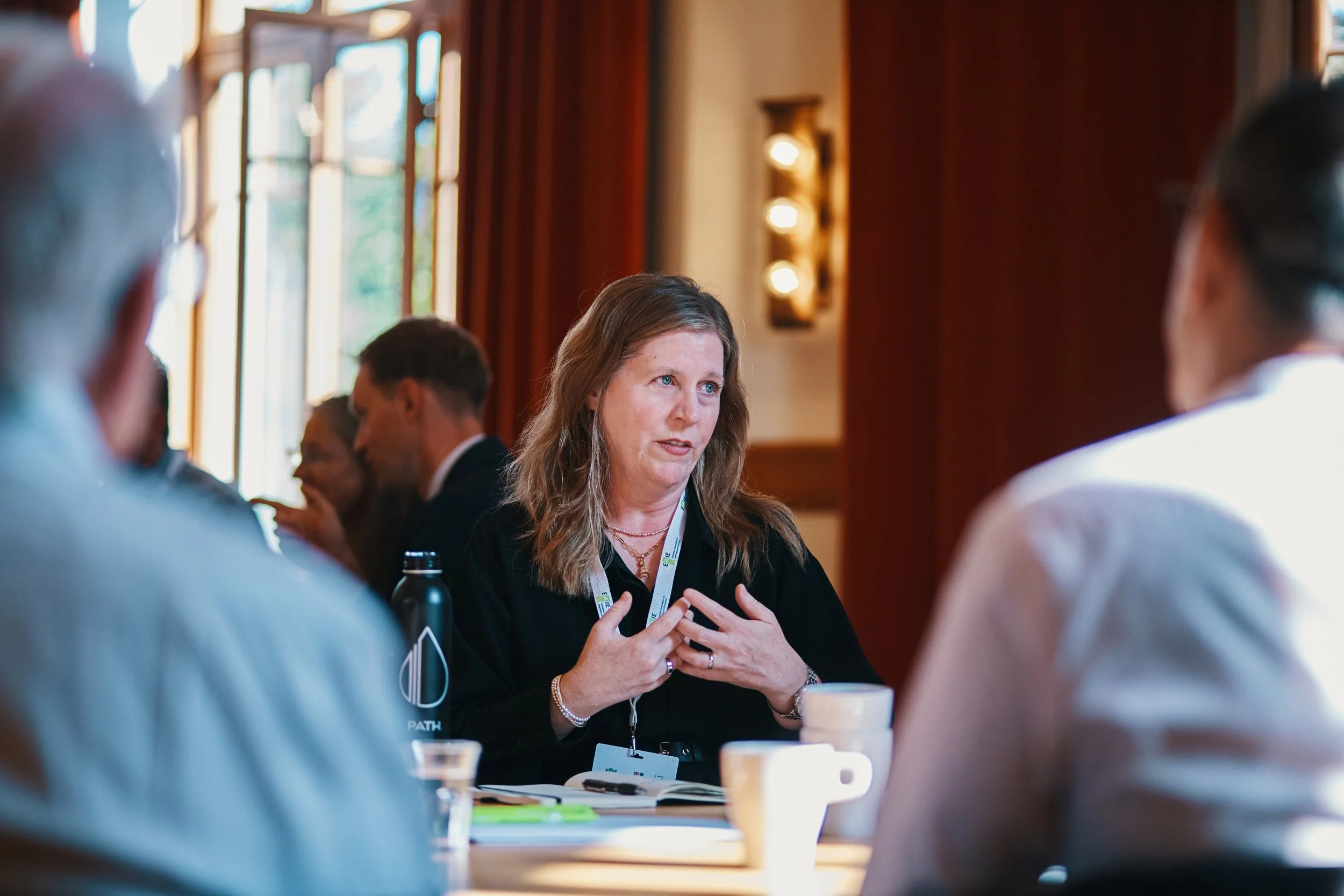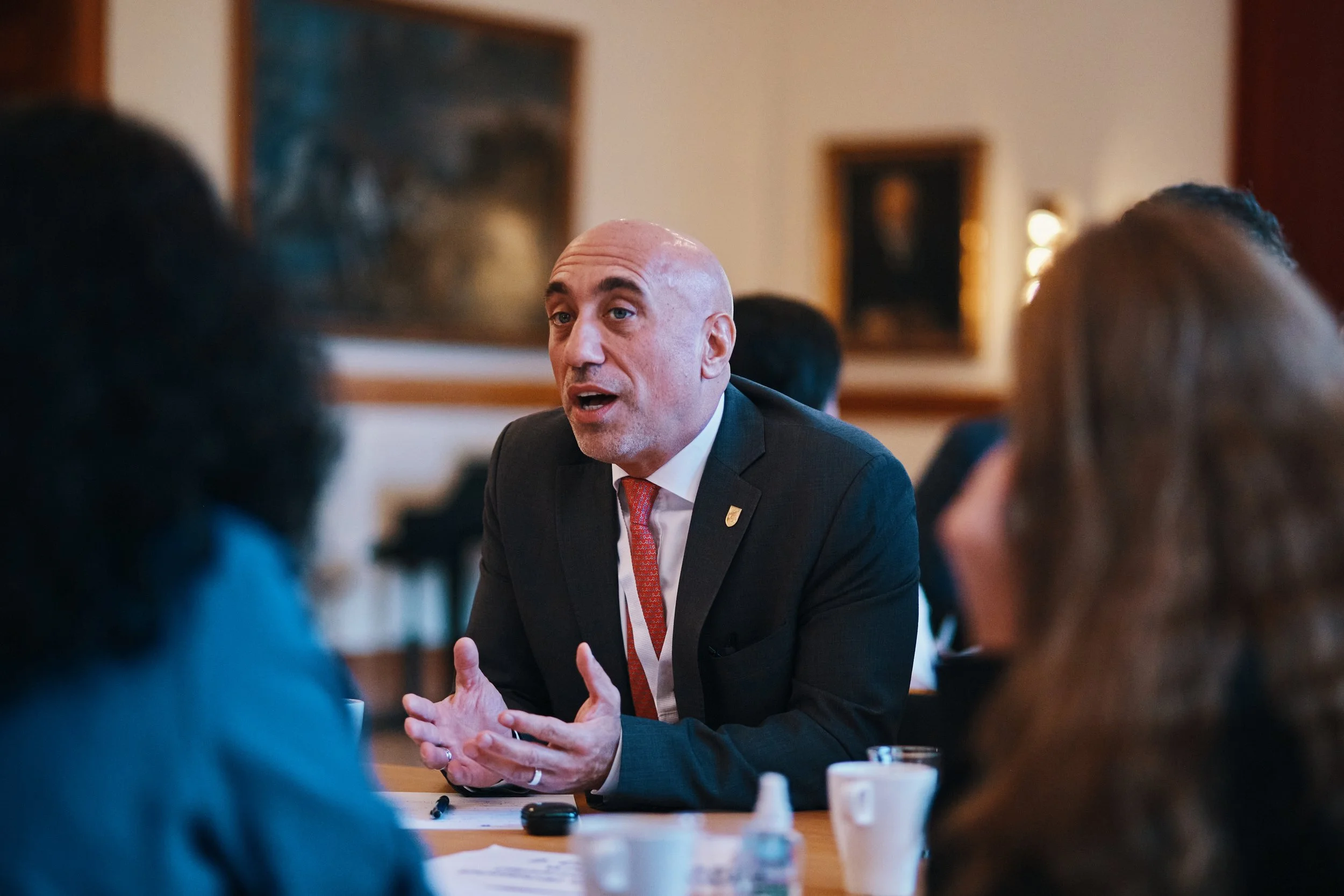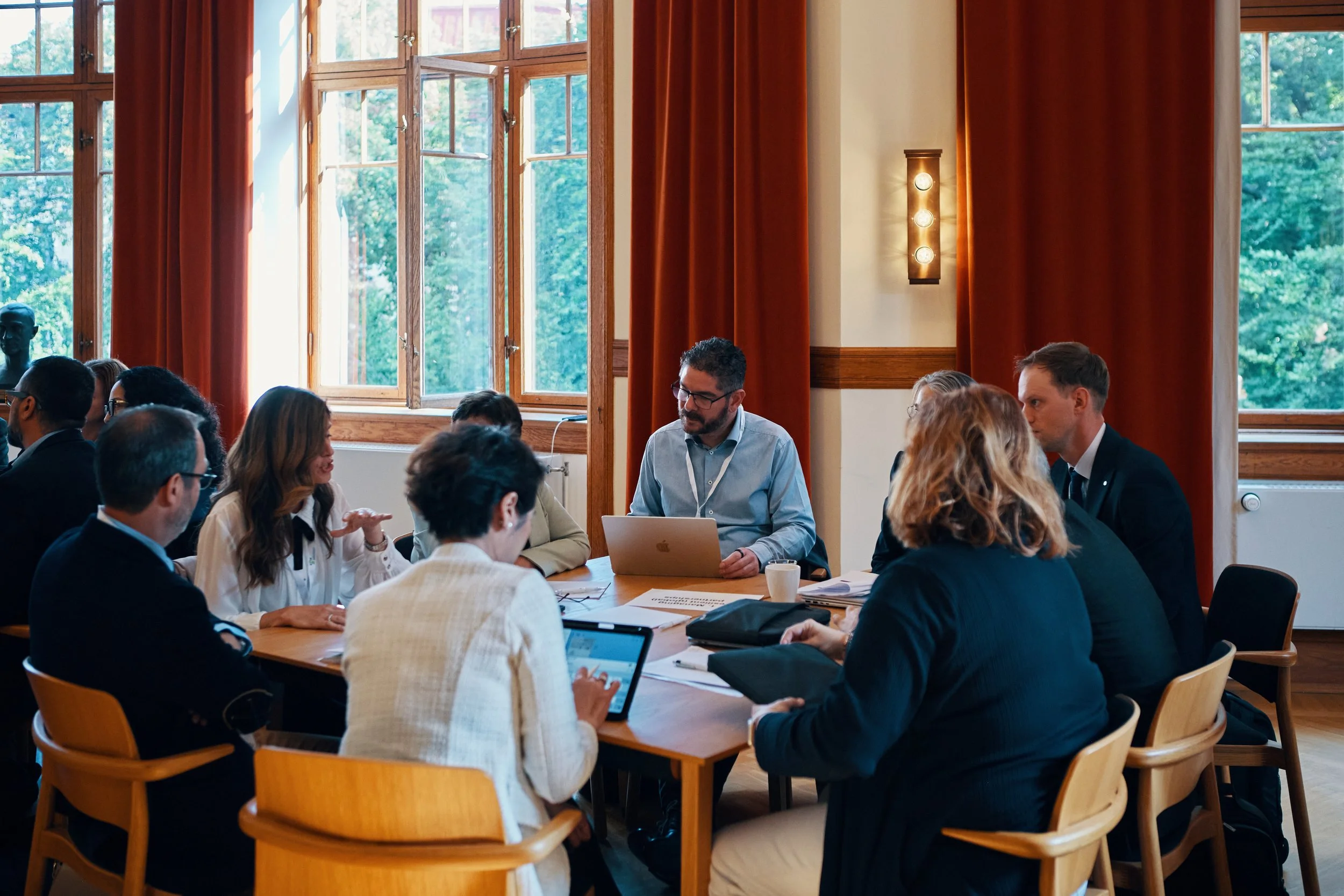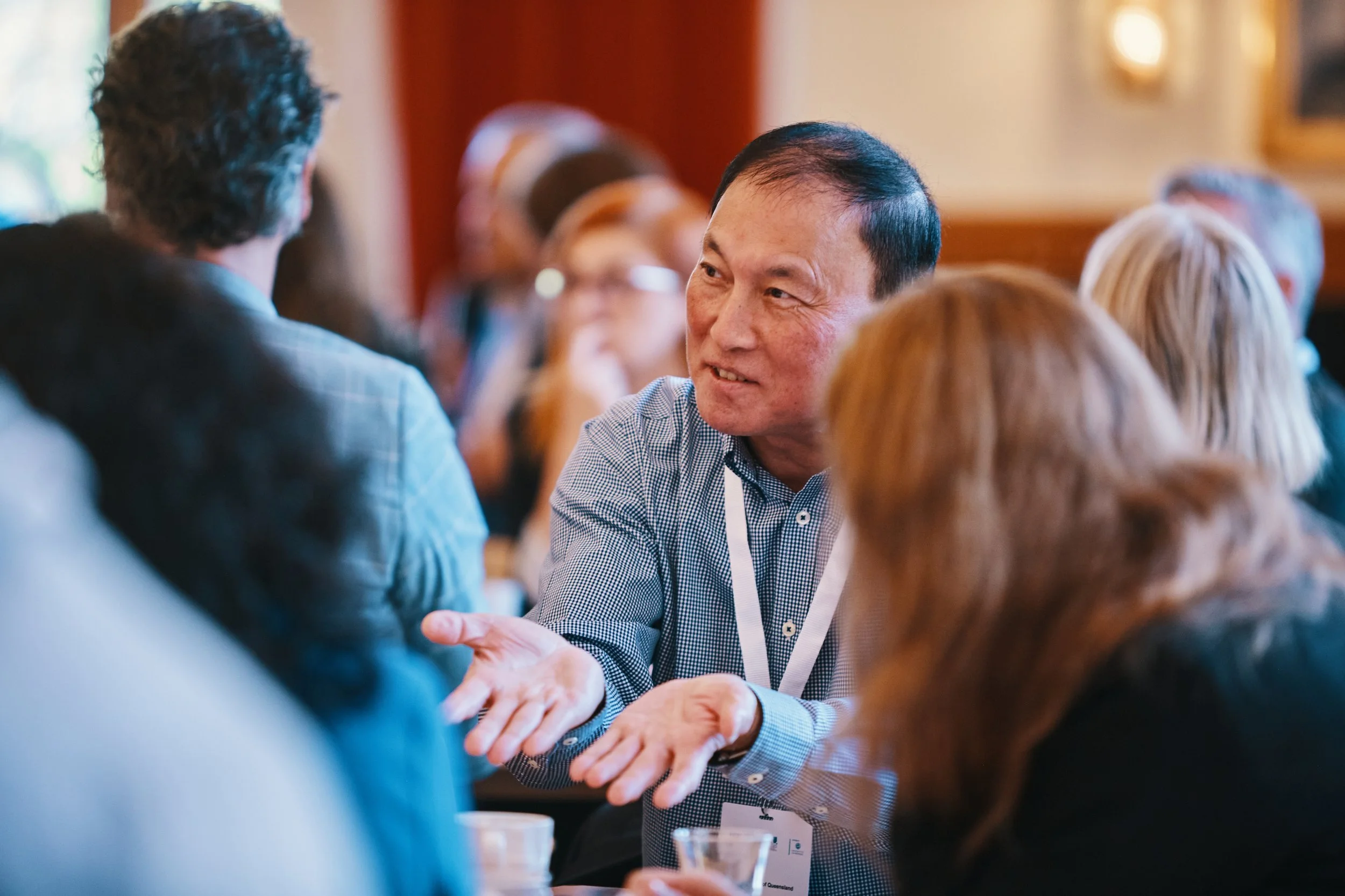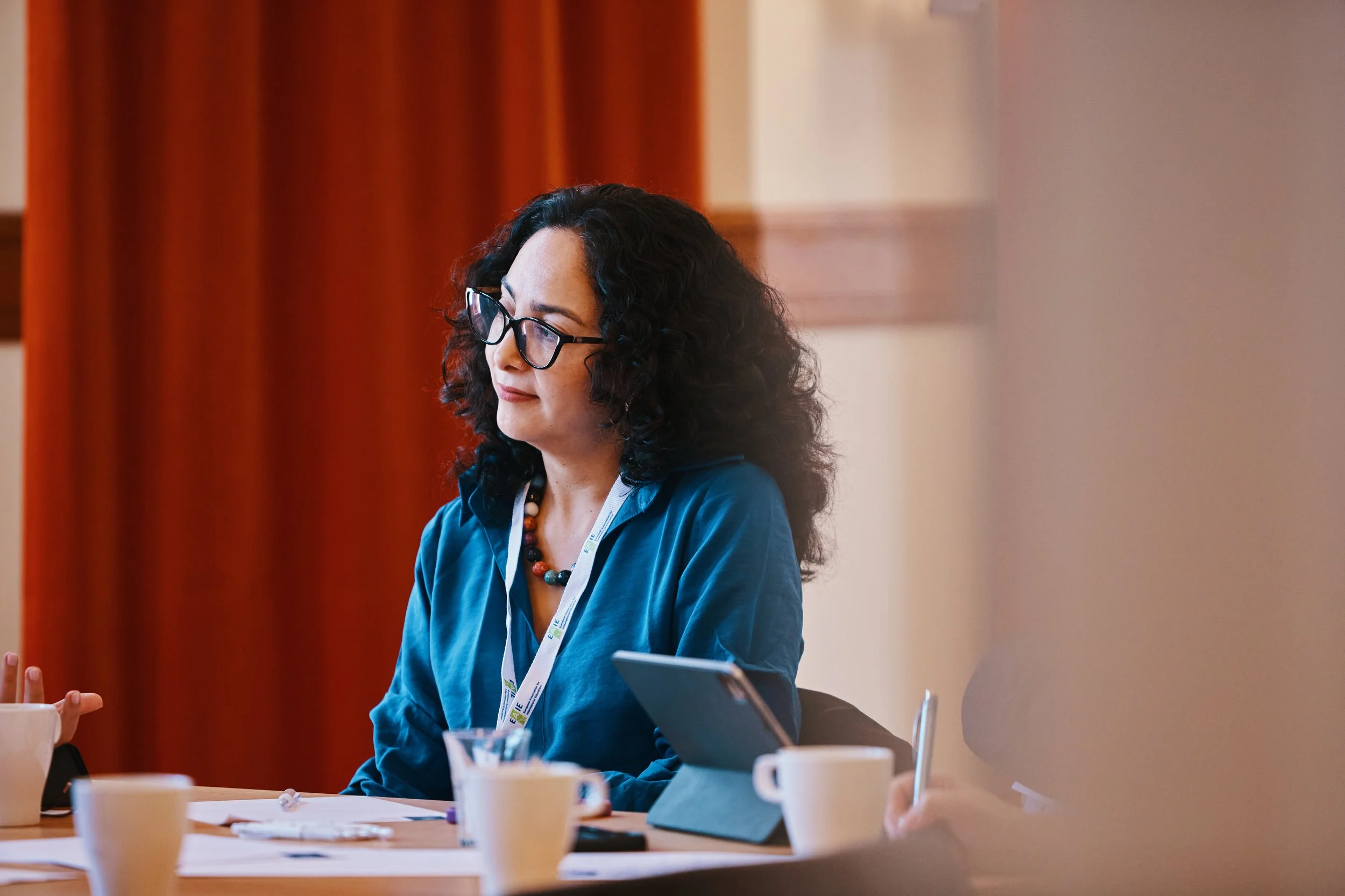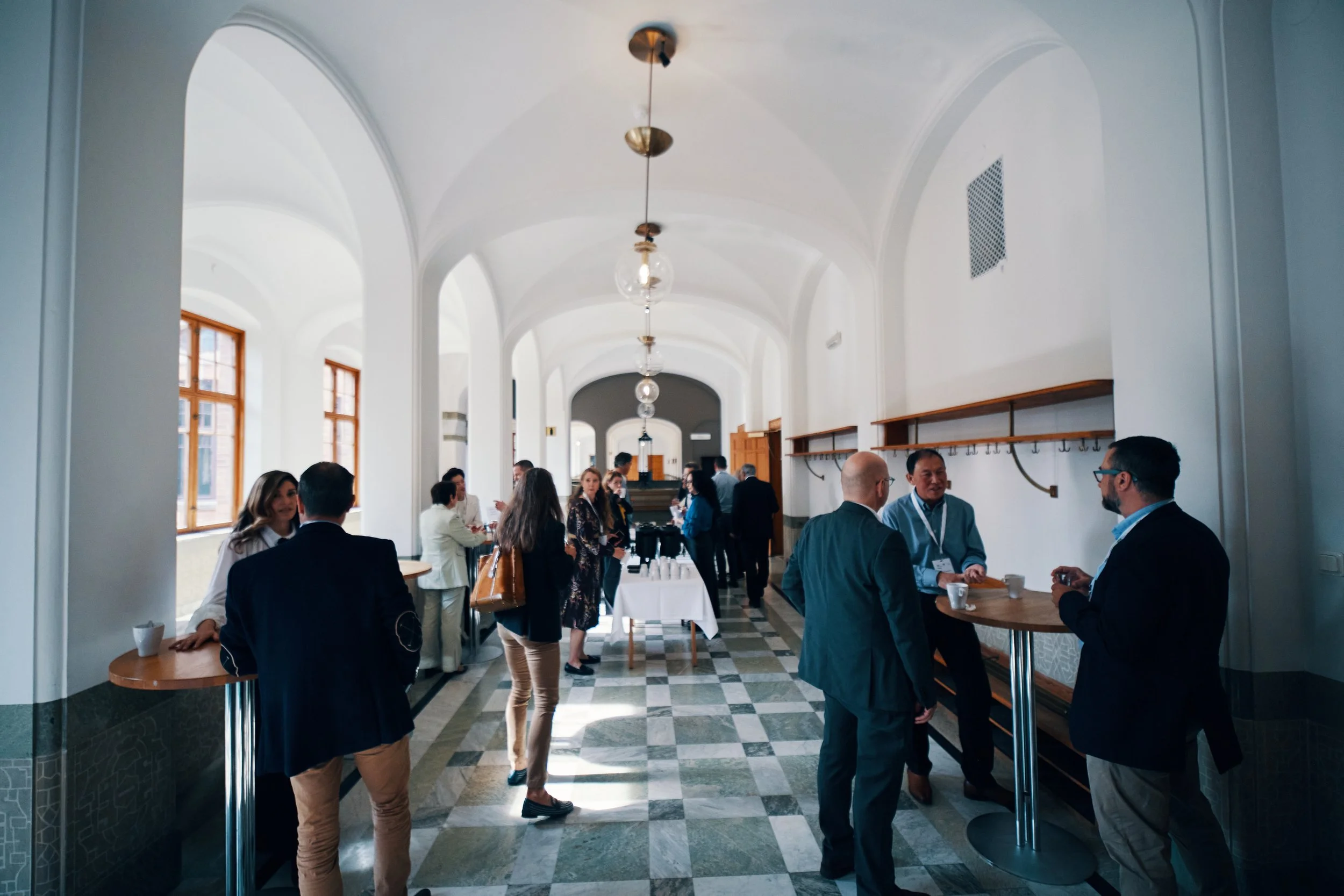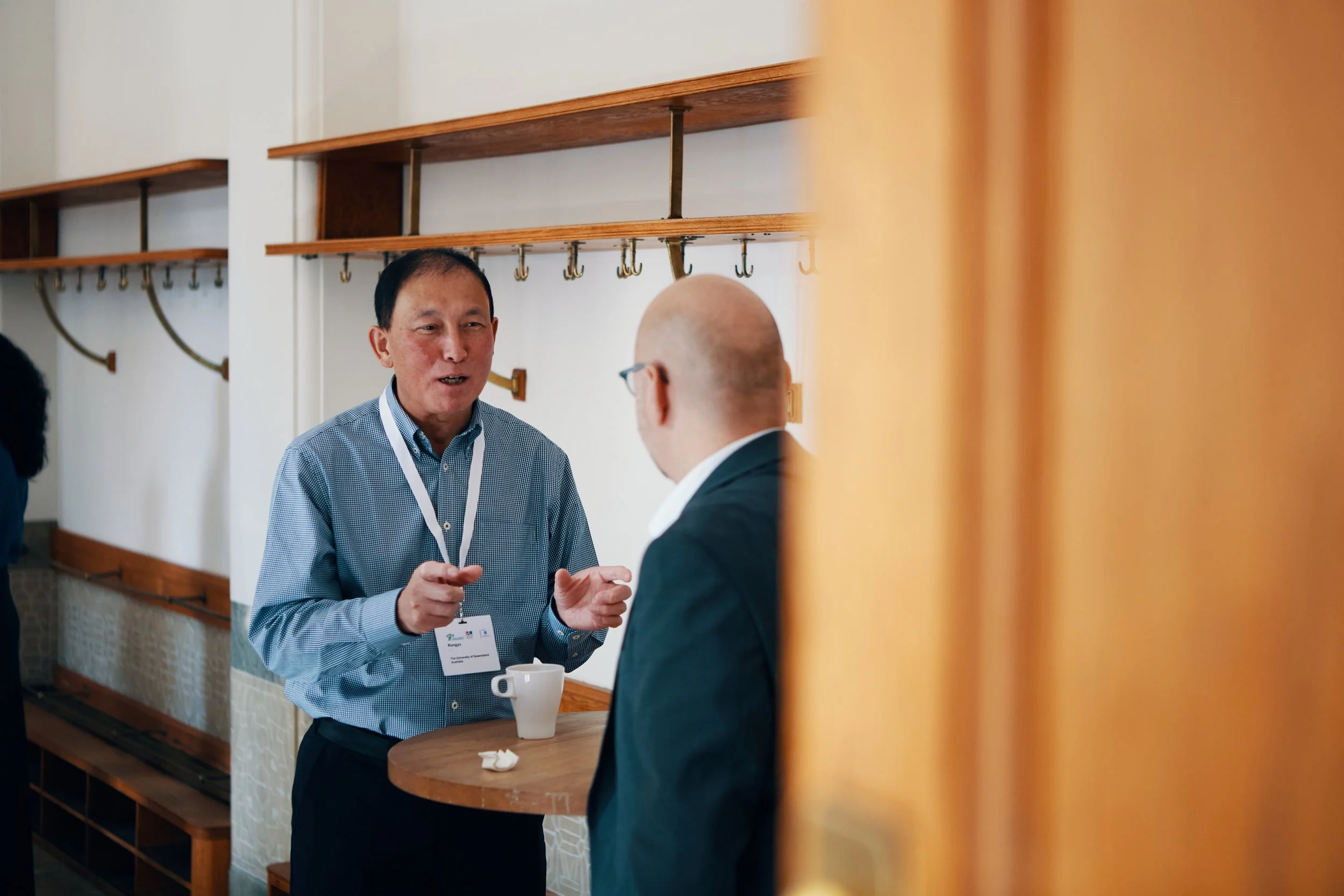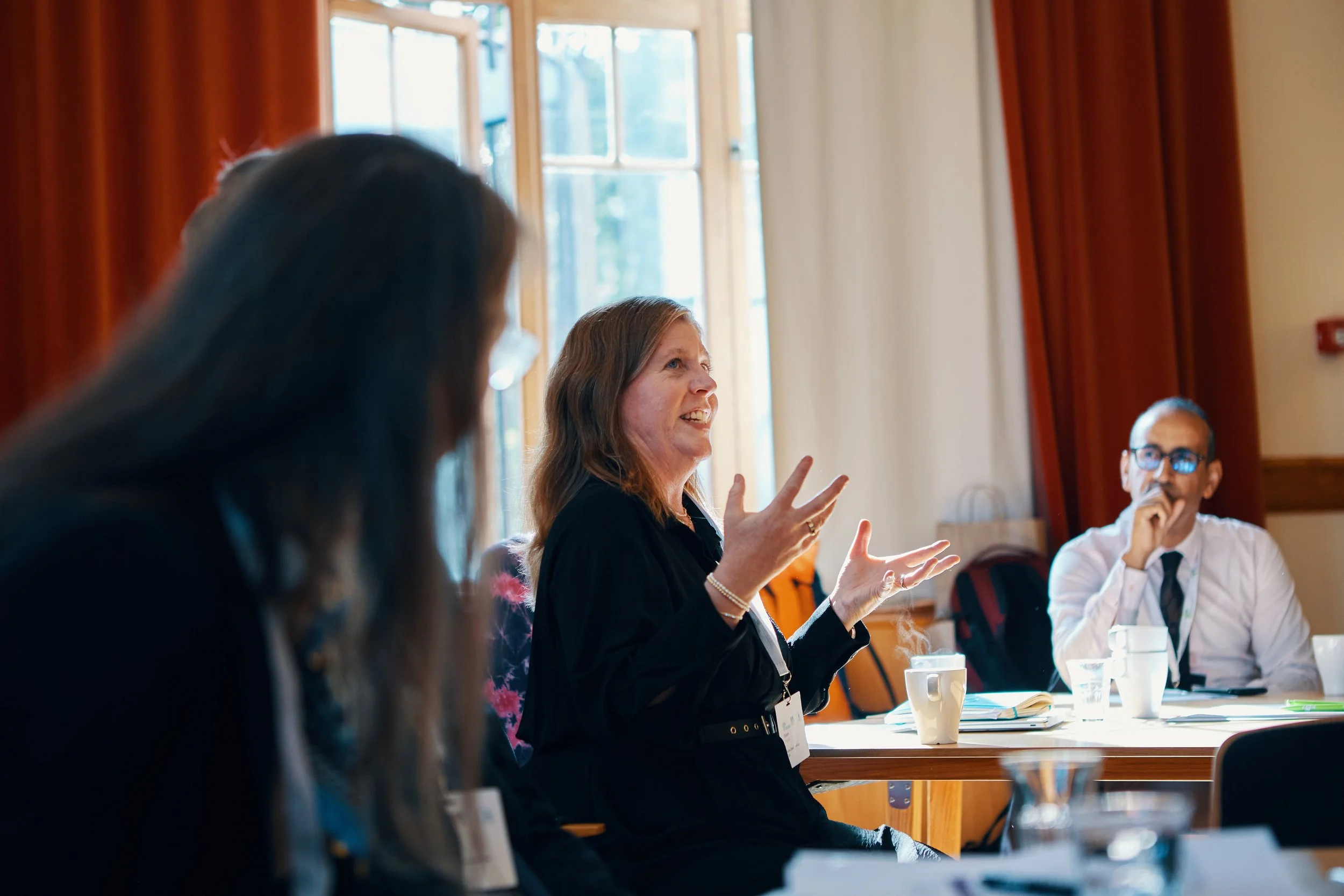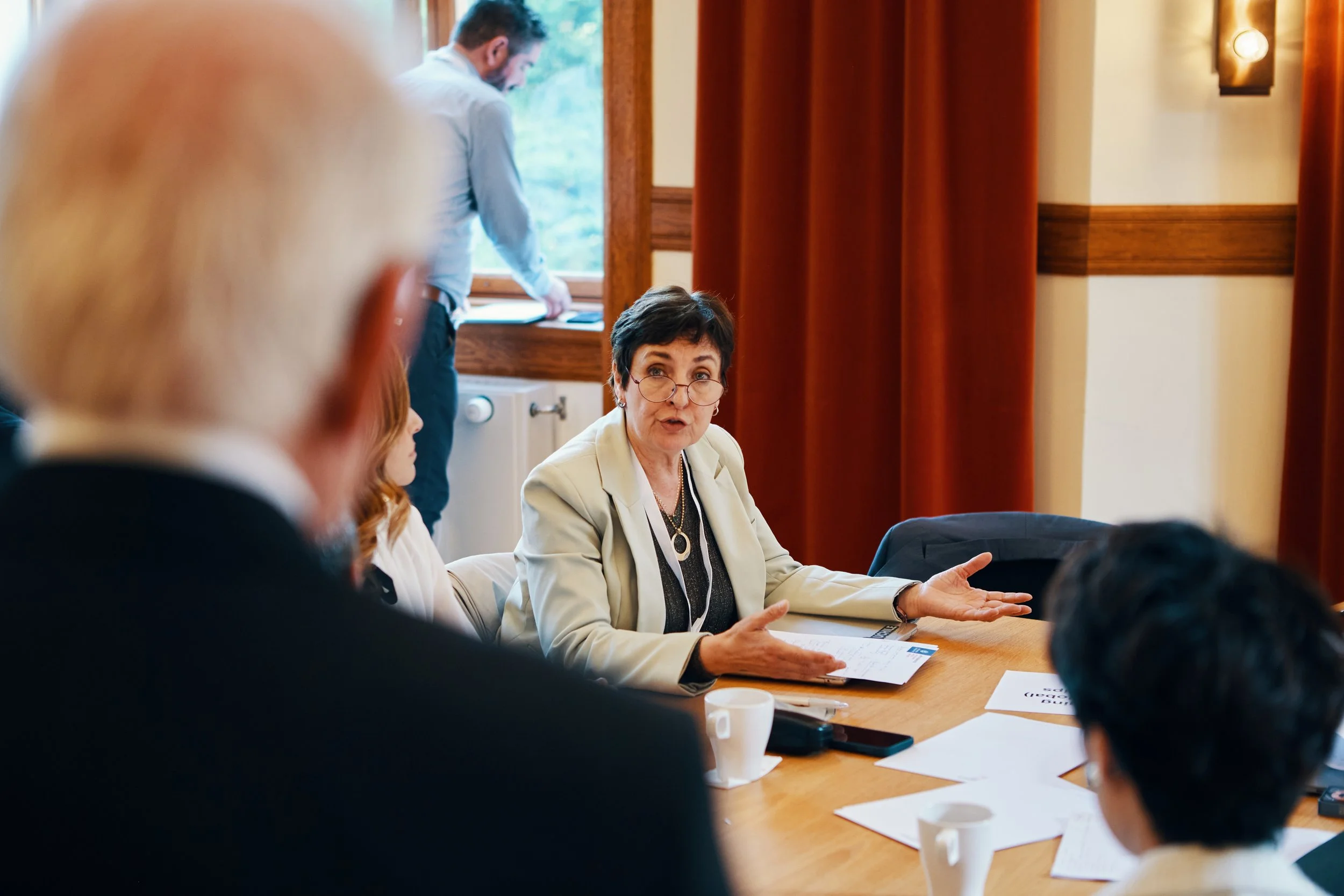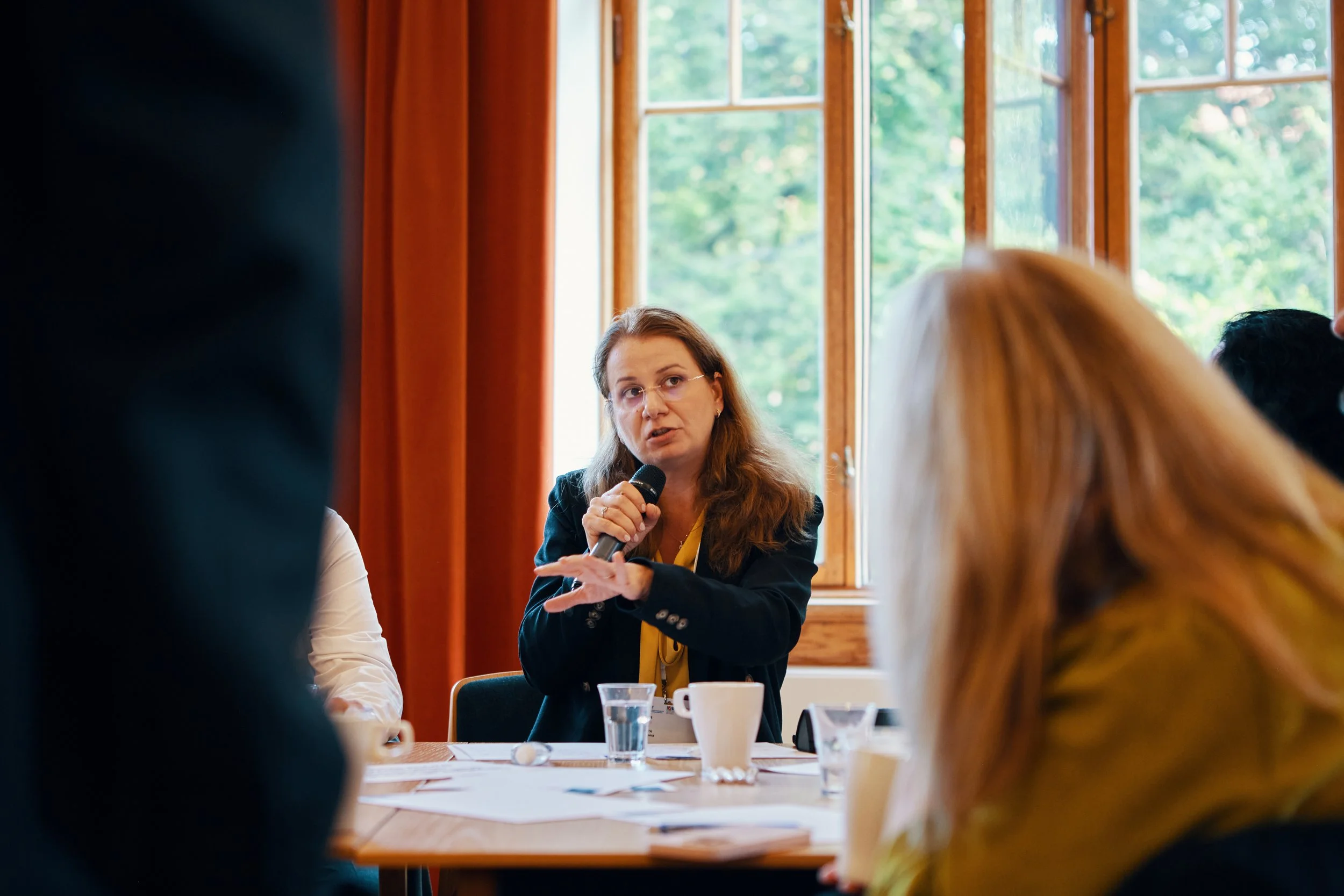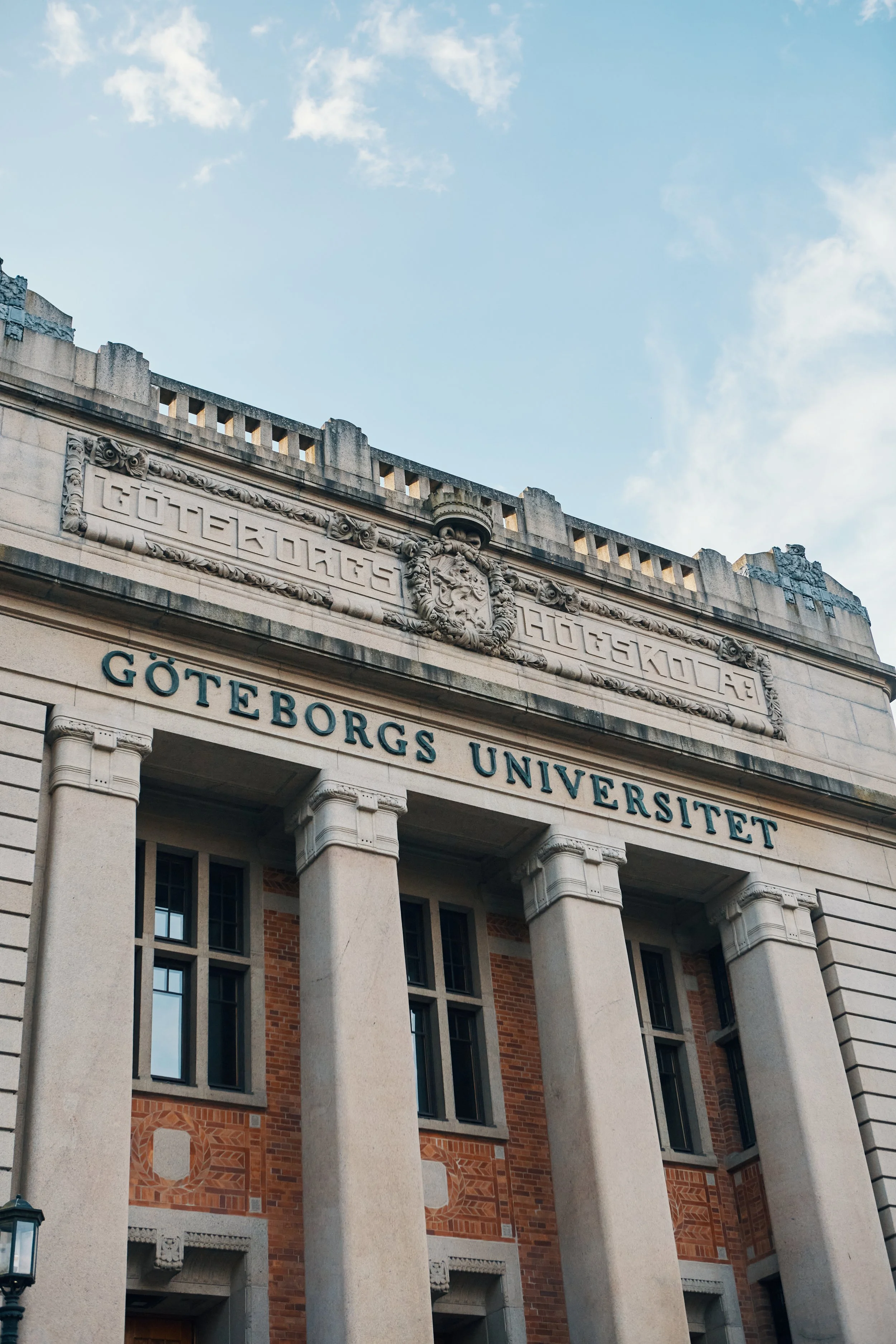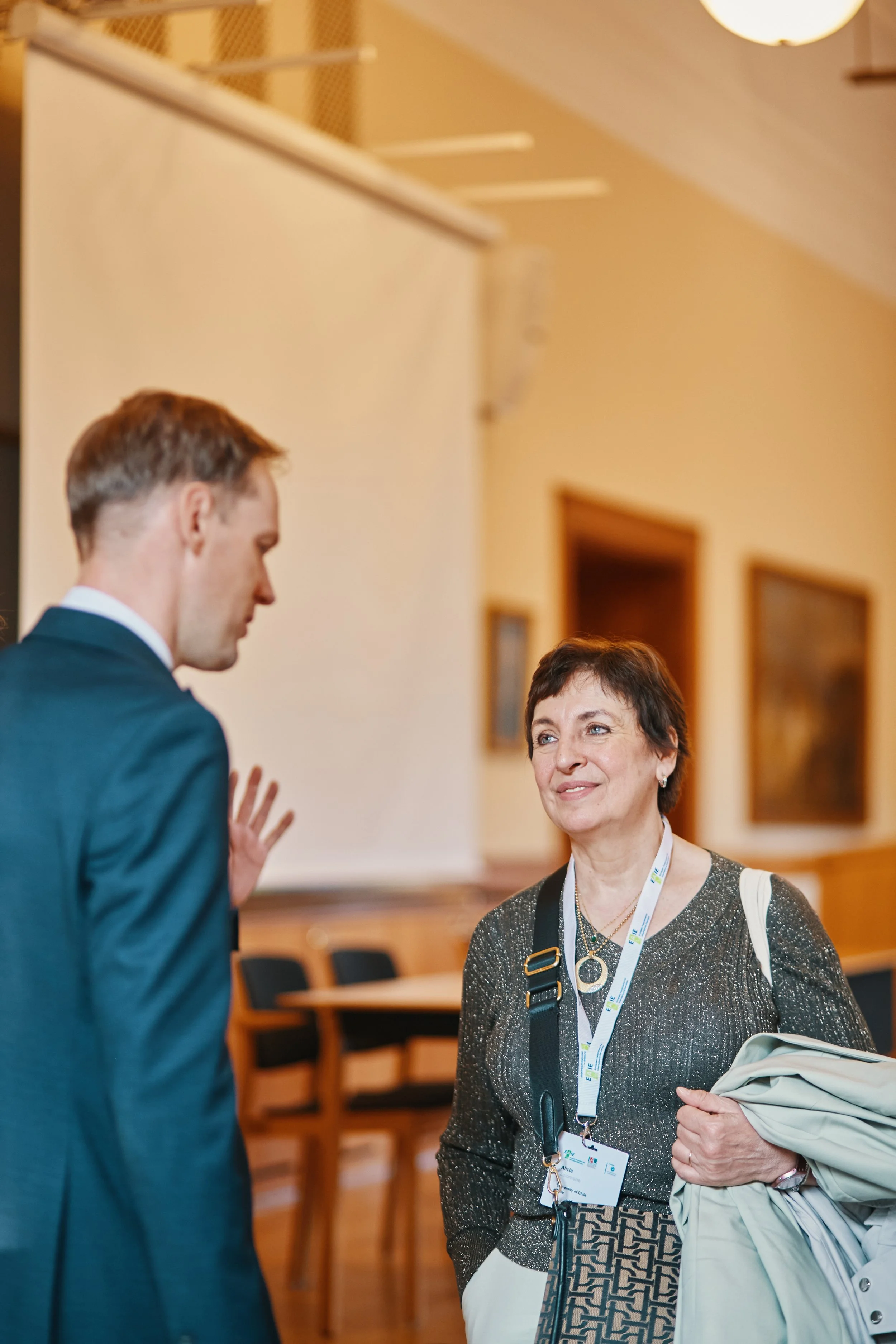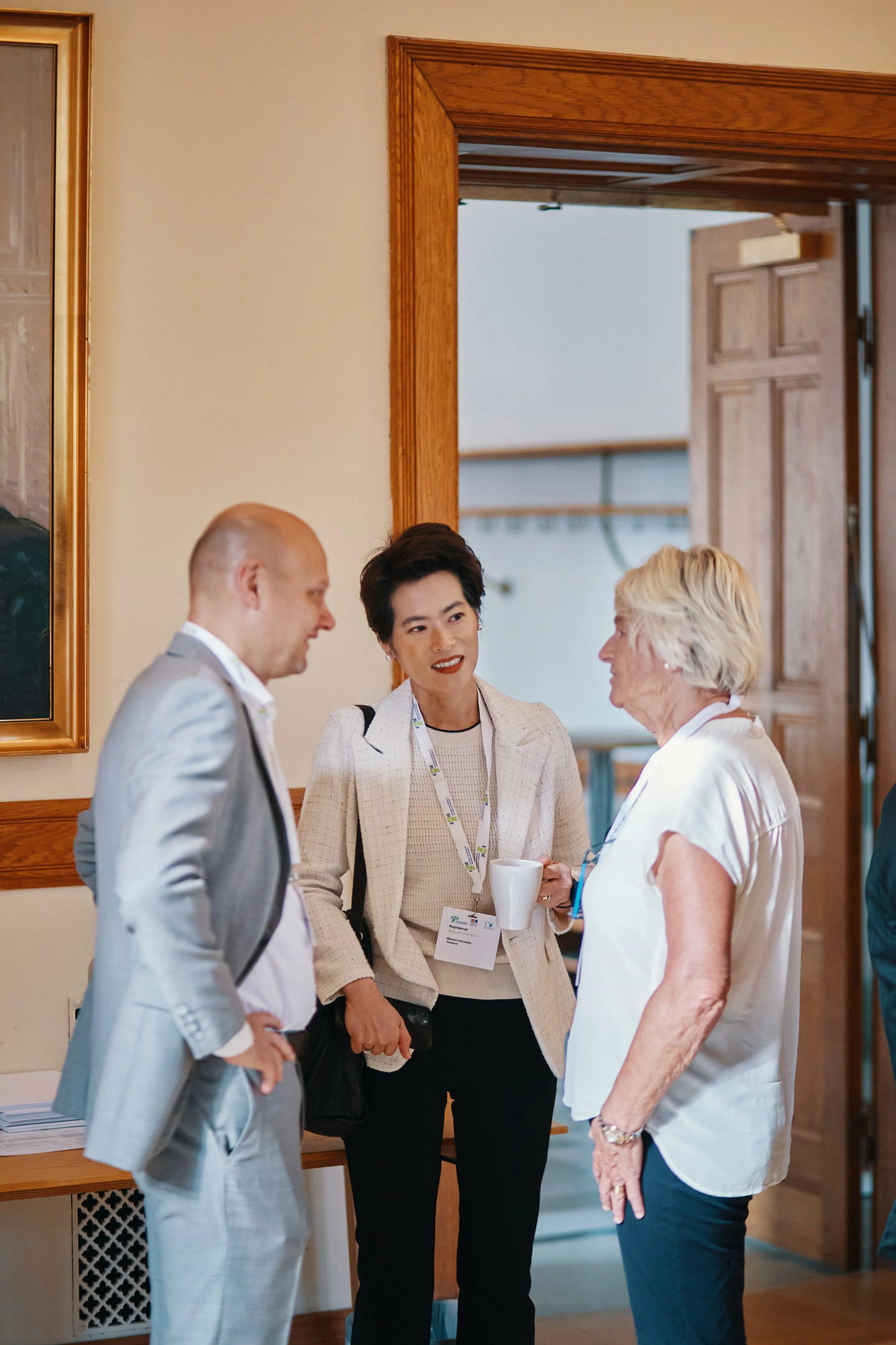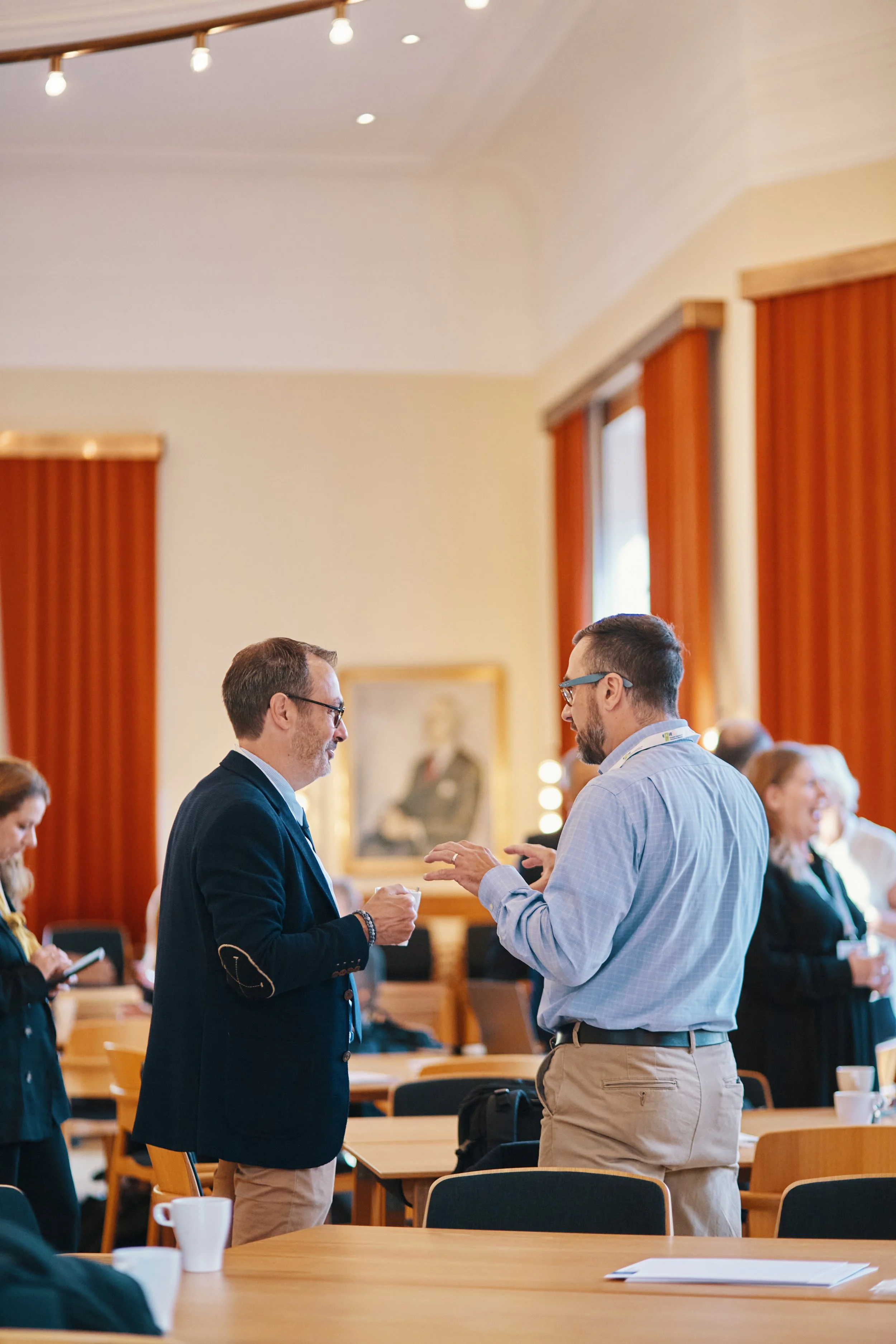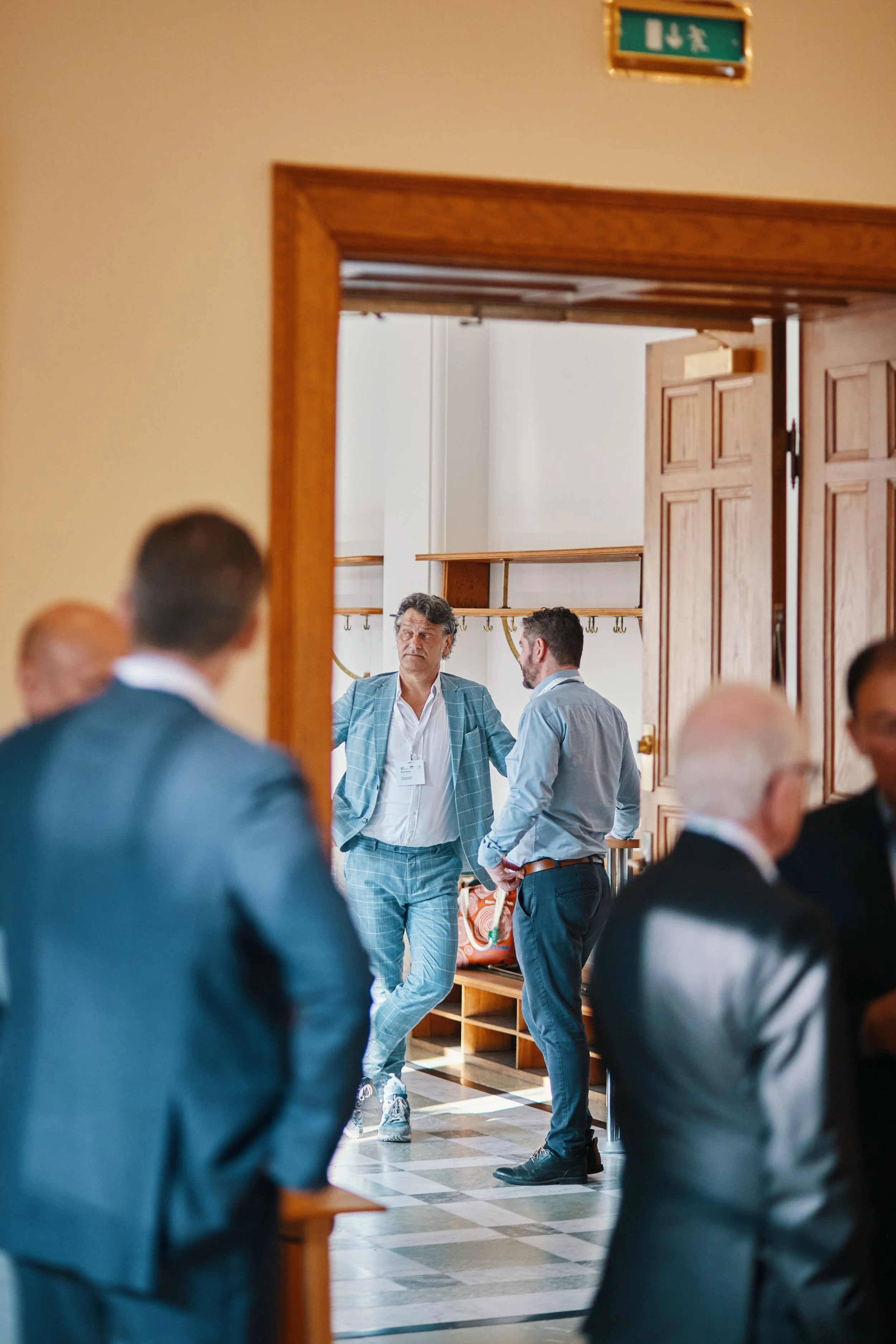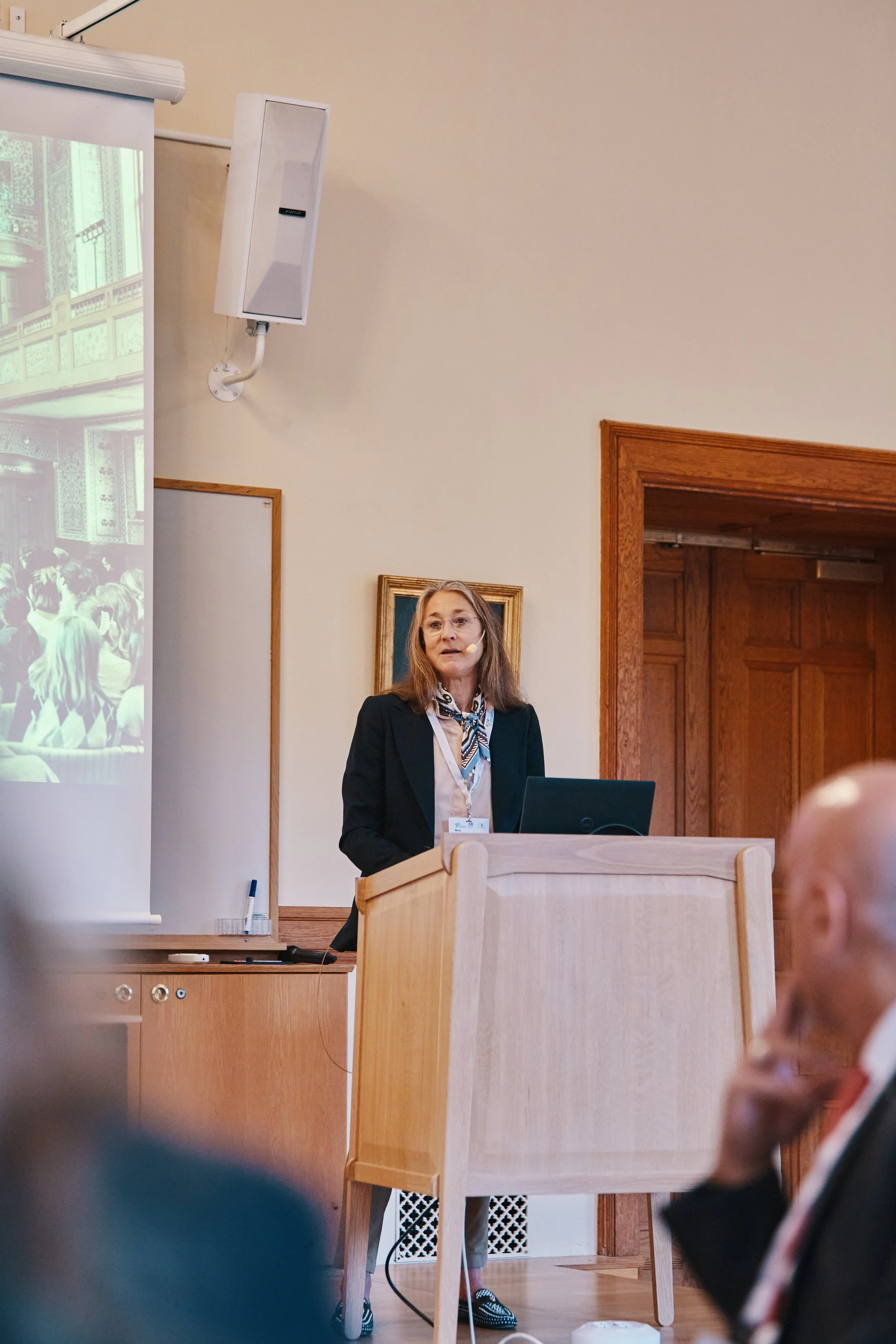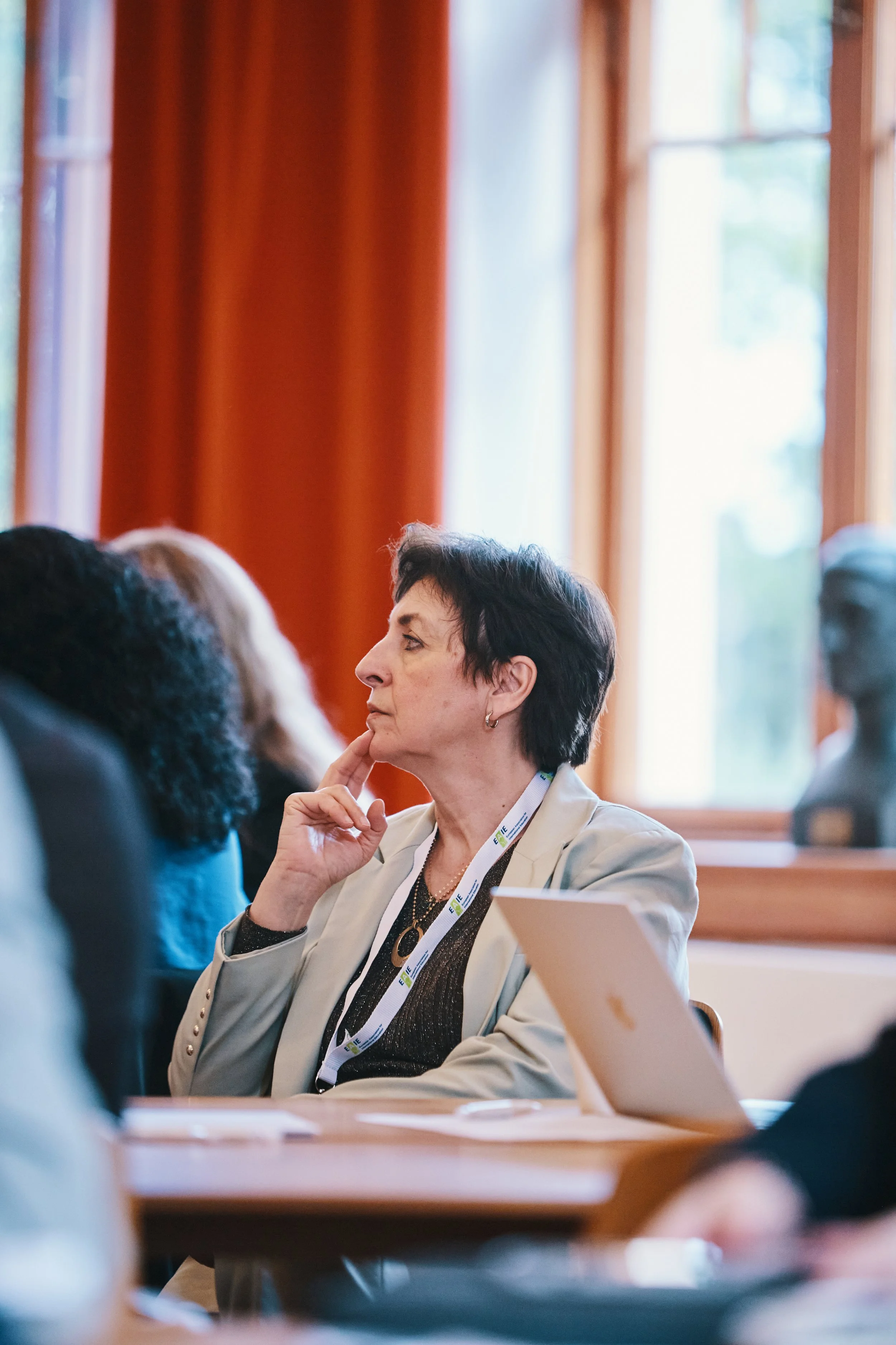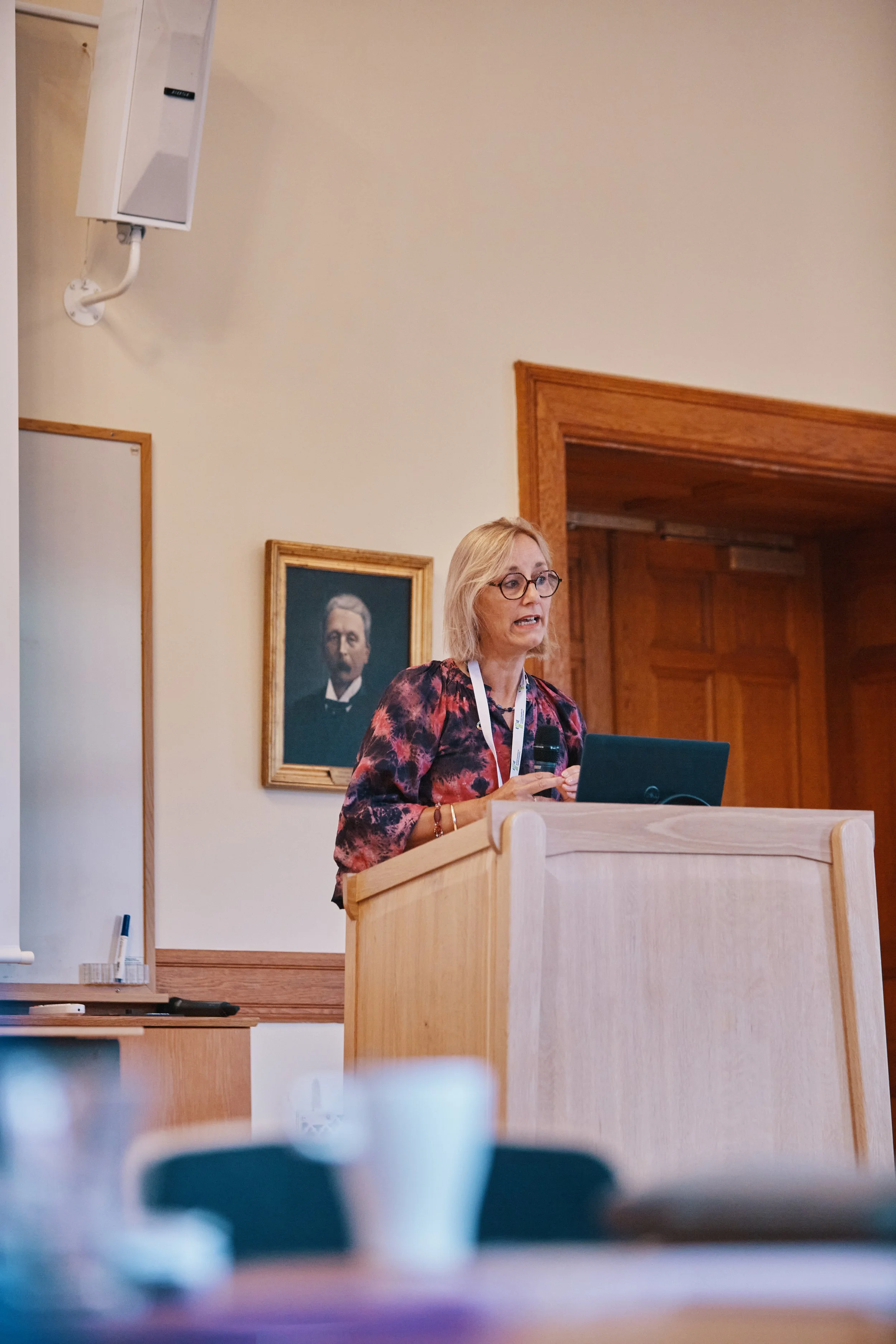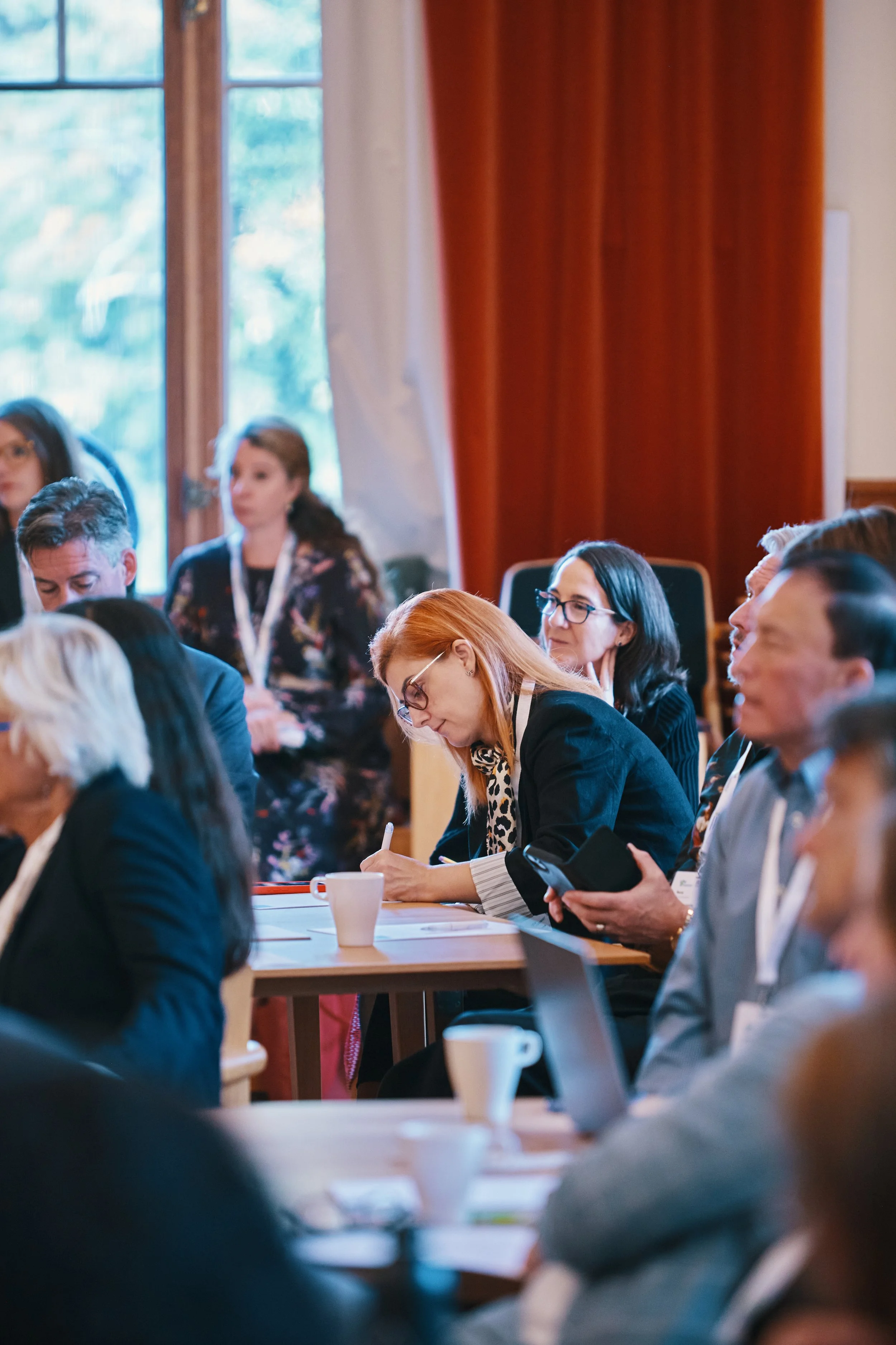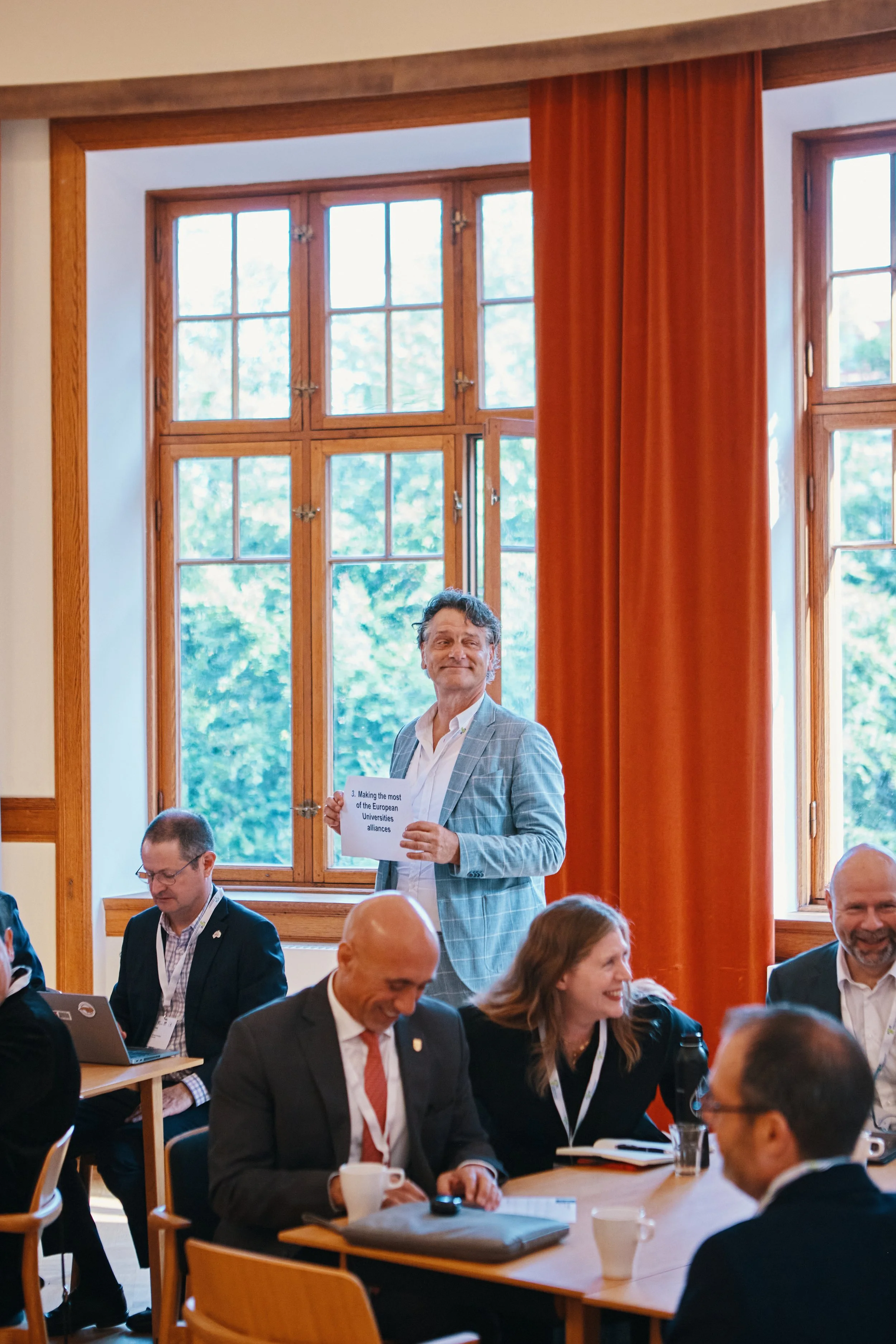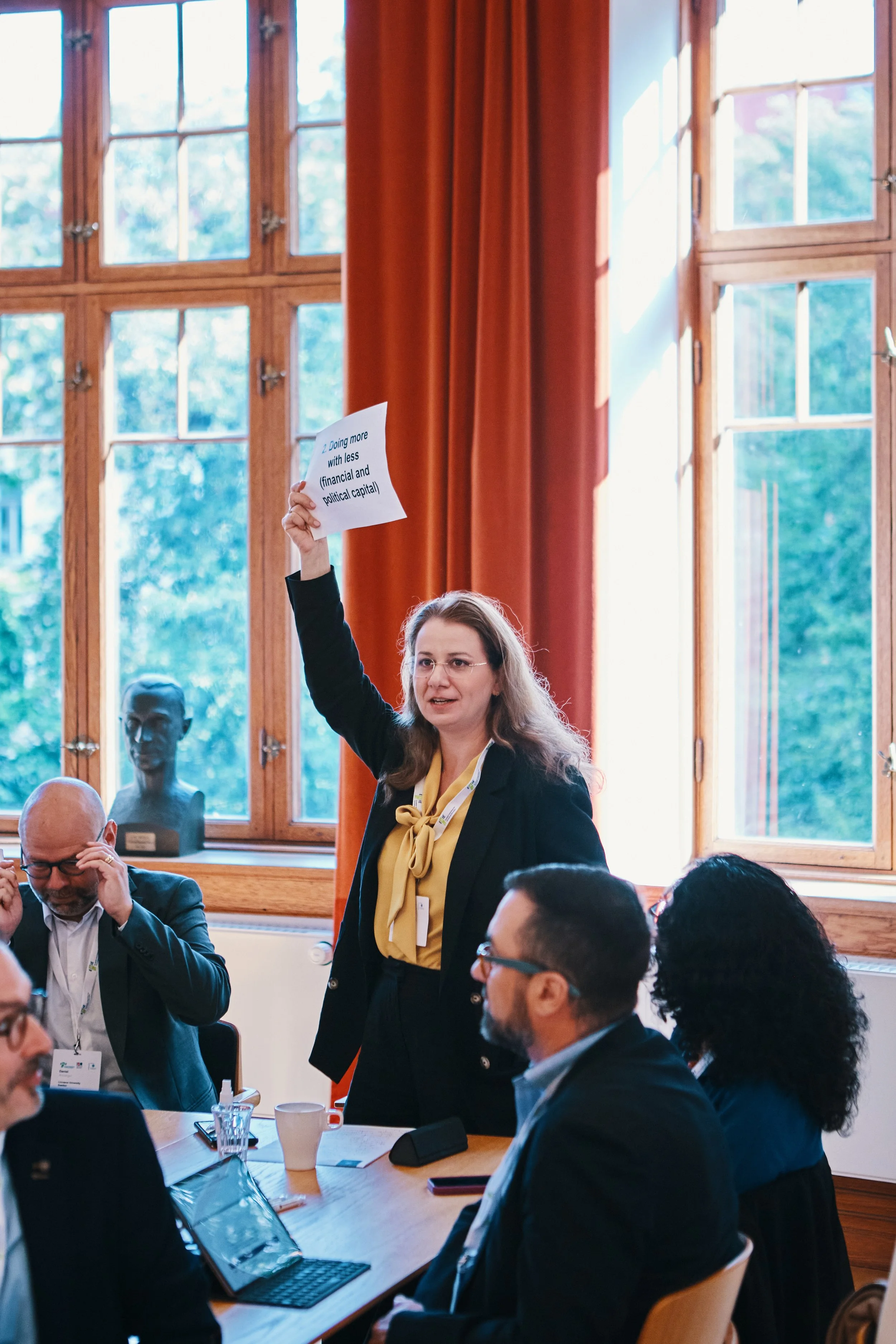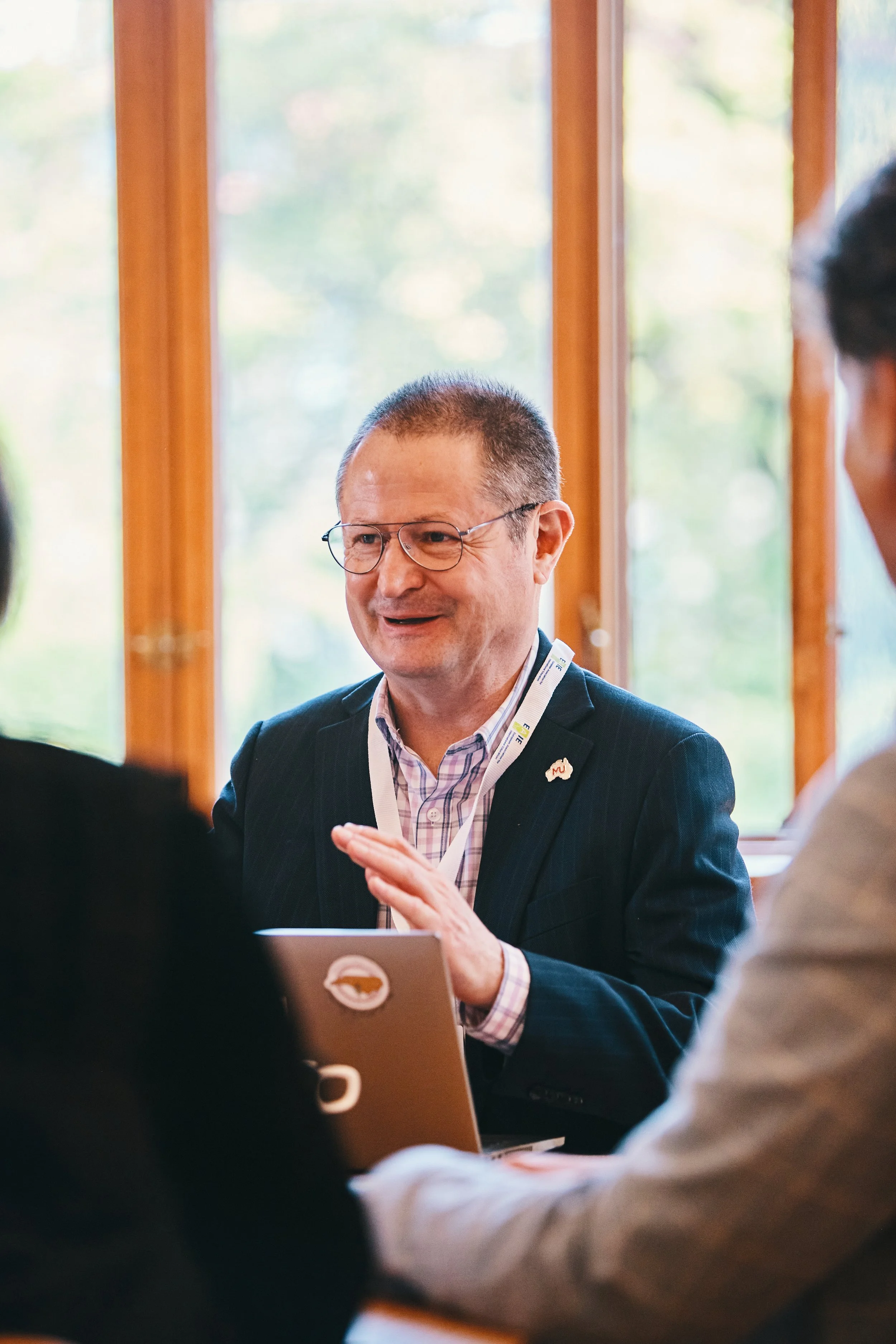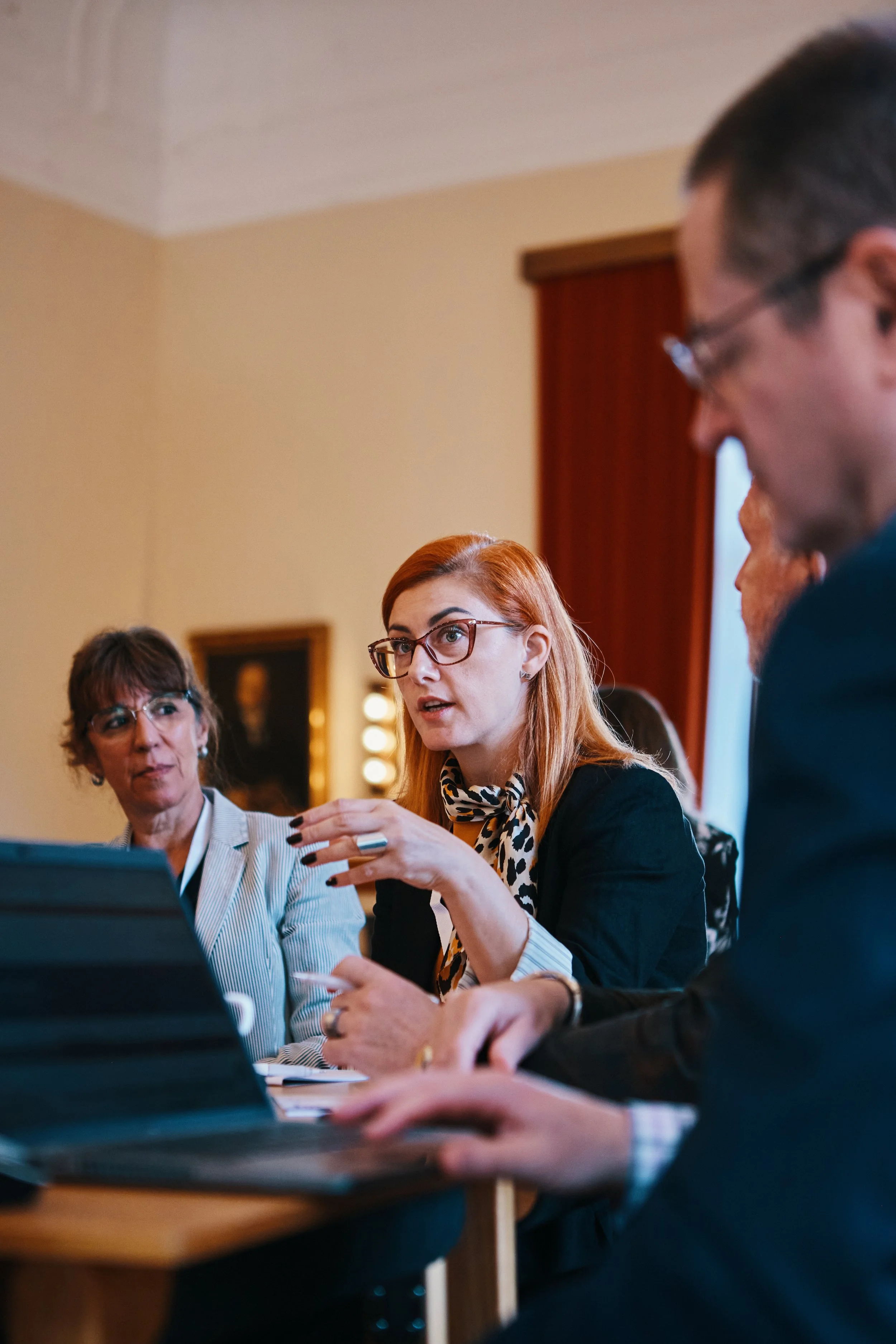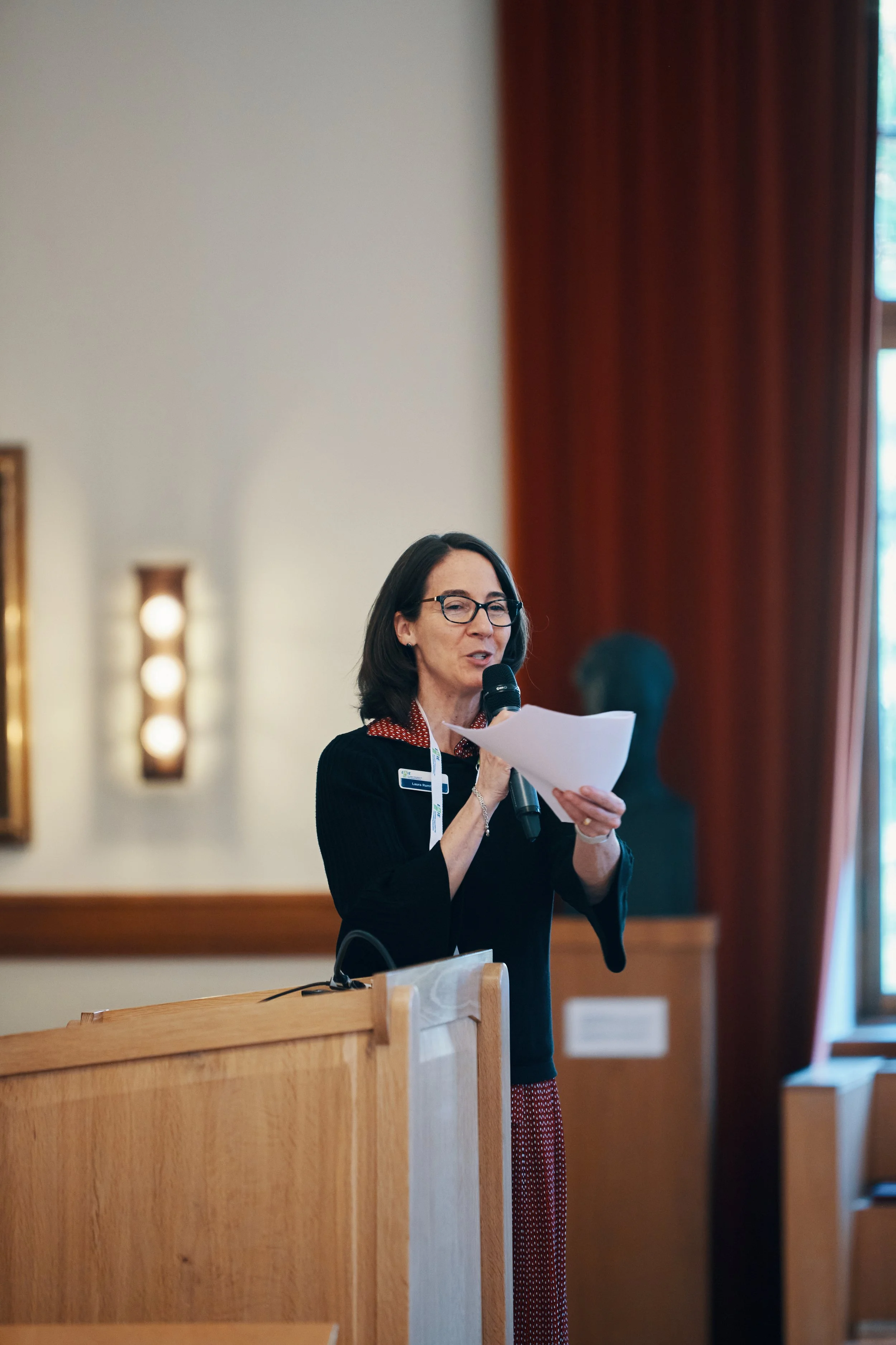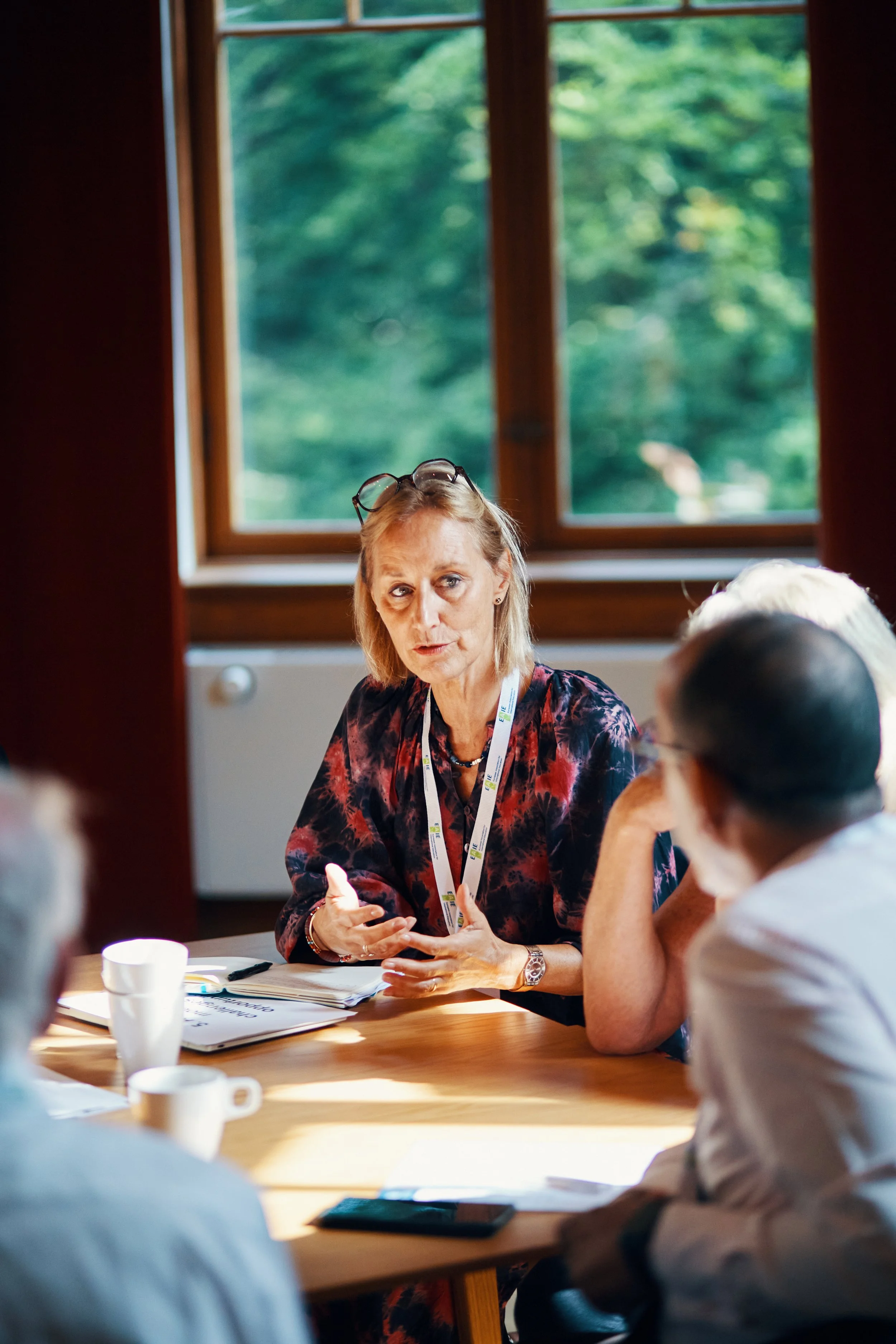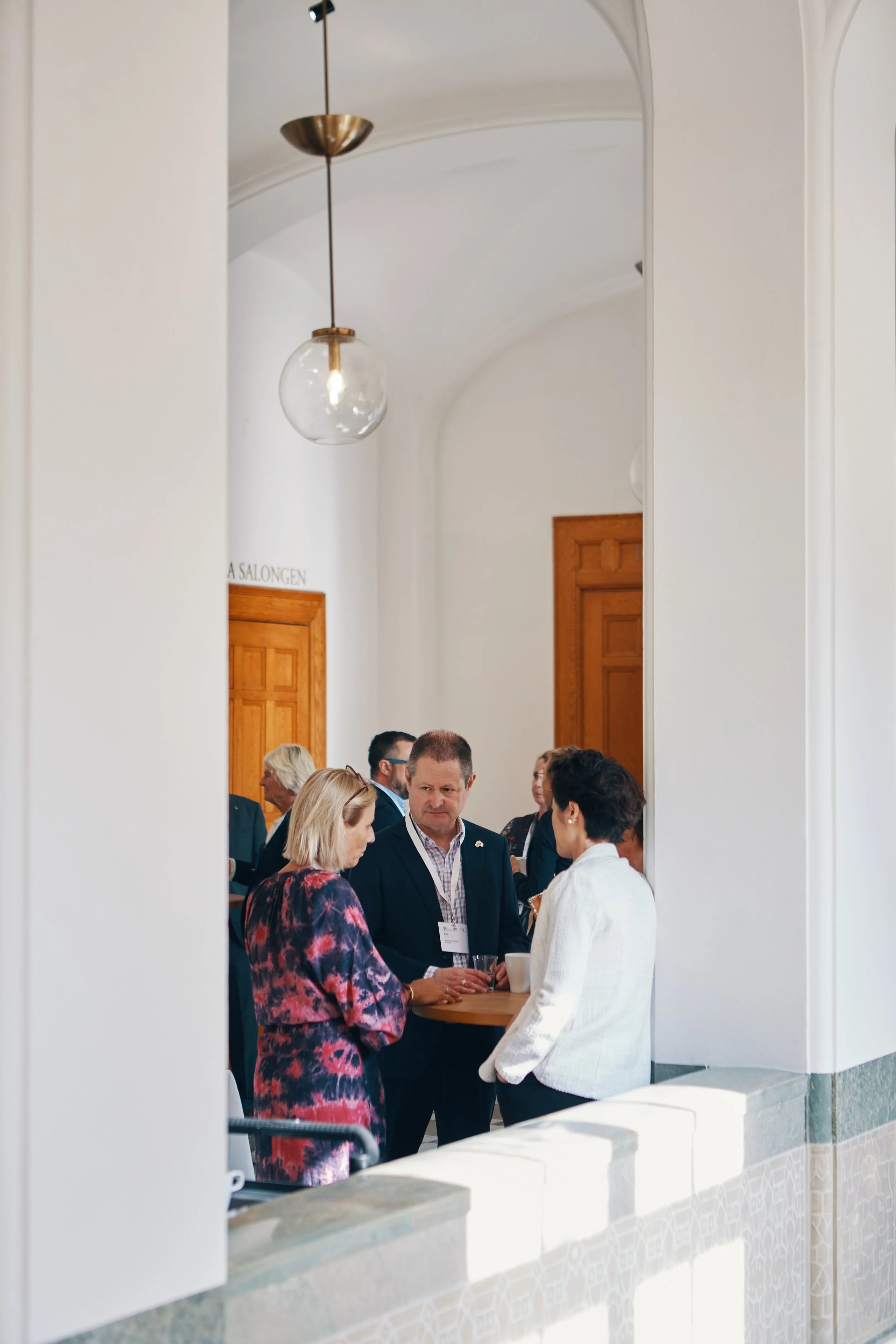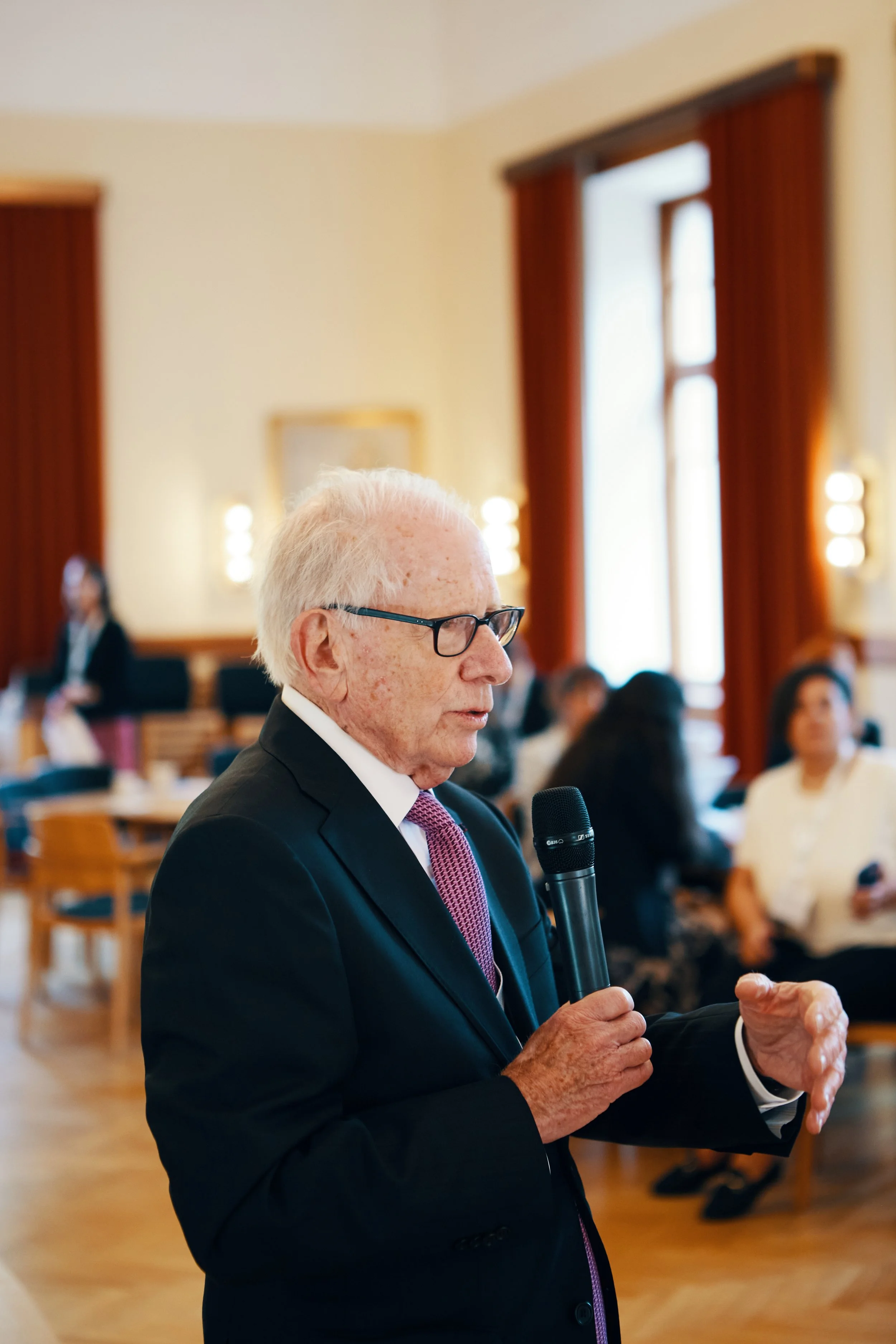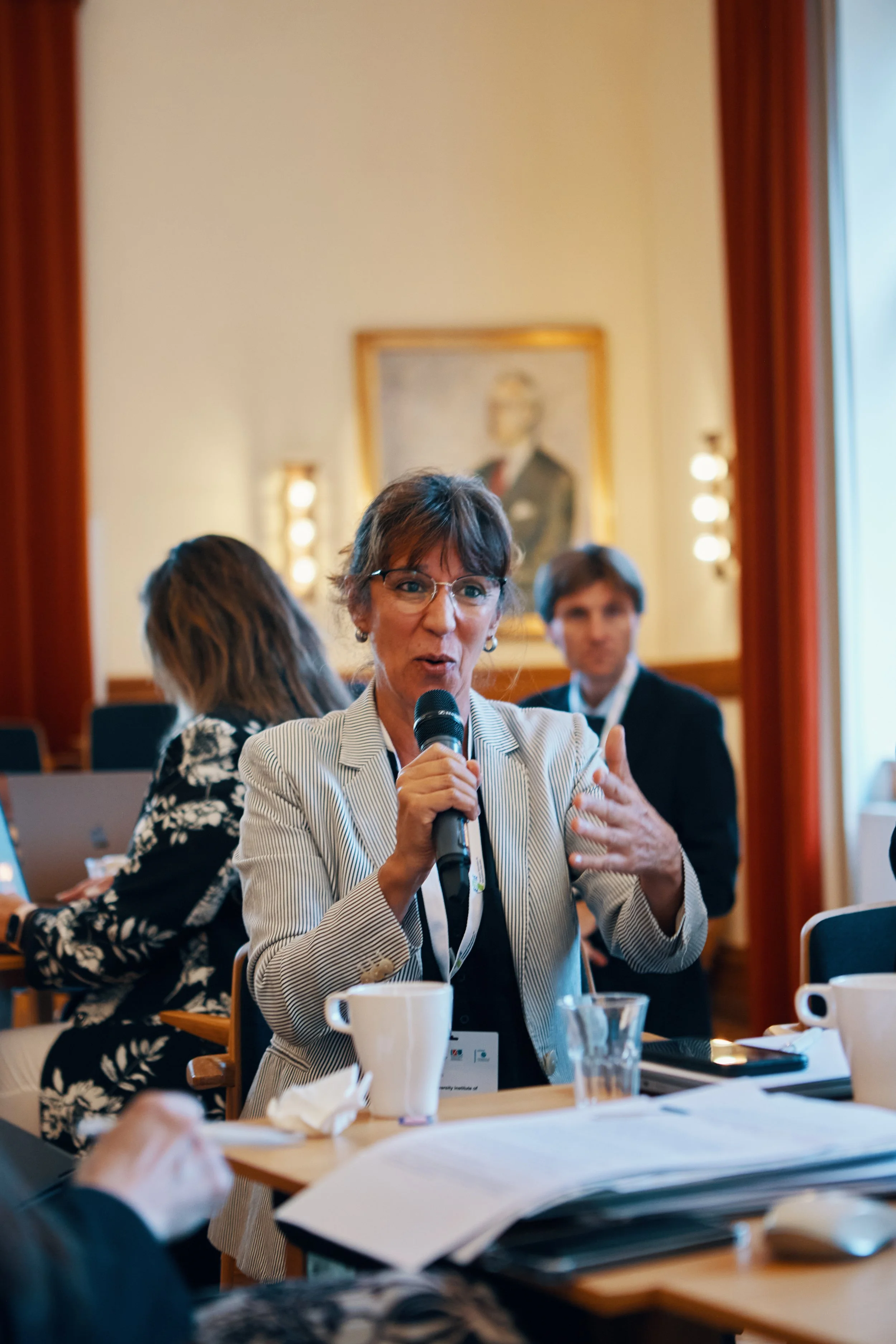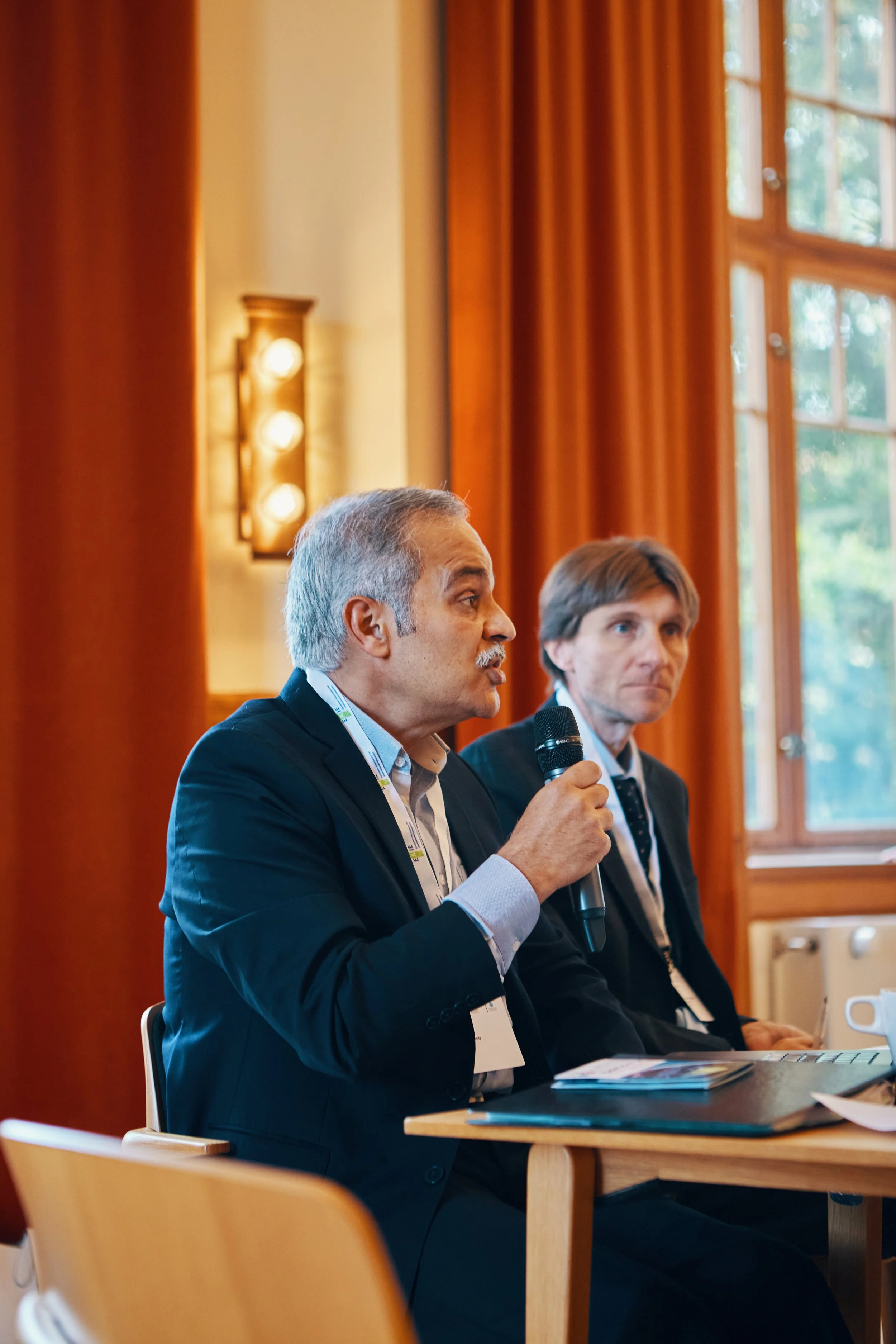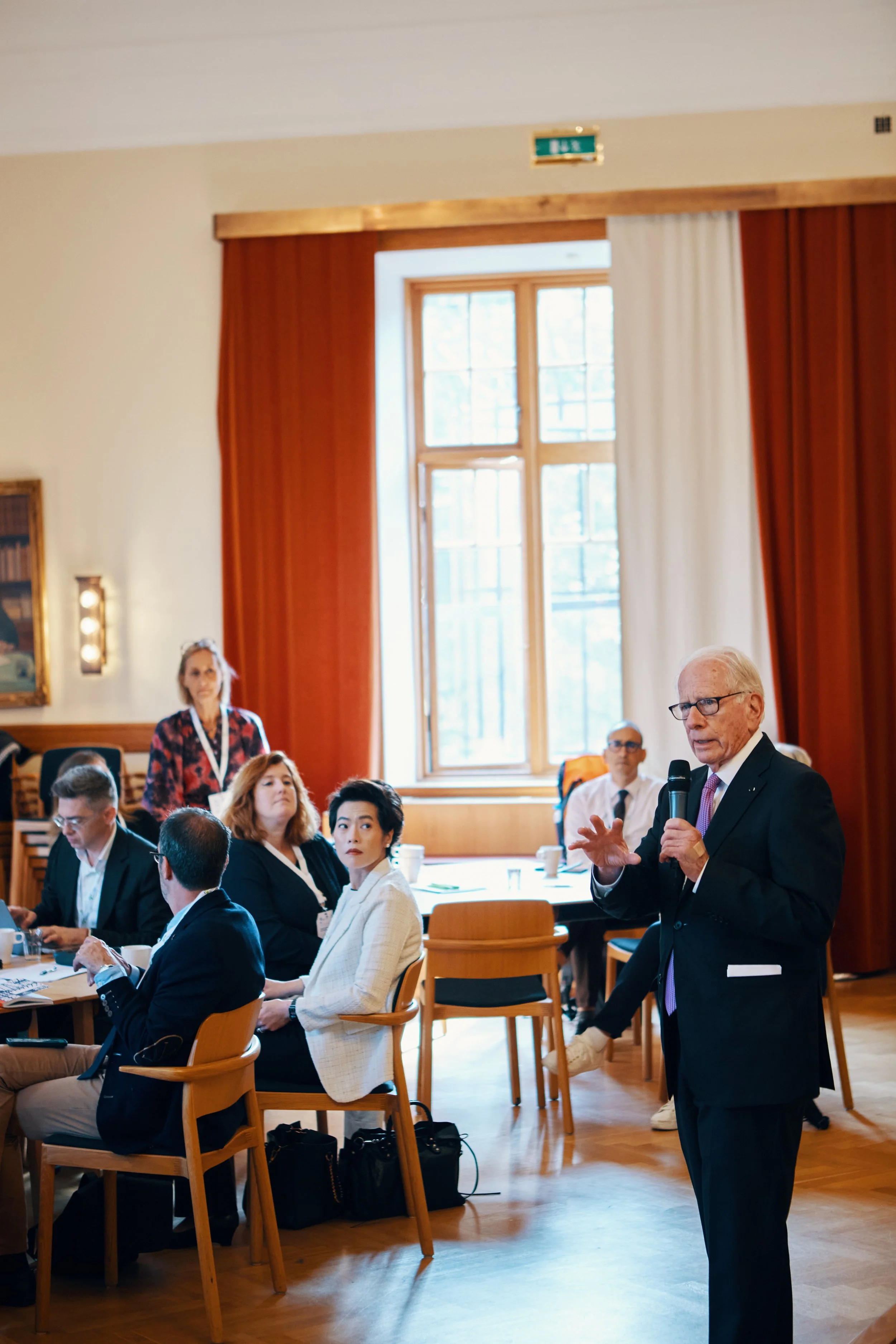Leading Internationalization in Turbulent Times: Reflections from the 1st EAIE–IAU Internationalization Leadership Dialogue
Shaped by the changing geo-political climate, economic pressures, technological innovation, and the evolving priorities of societies worldwide, the practice of building and sustaining global connections in higher education is as complex as it is vital. Today, higher education institutions face global challenges within the broader context of a polycrisis — a convergence of global disruptions that make navigating the international landscape both more difficult and more urgent.
For senior leaders tasked with developing and implementing internationalization strategies, the stakes are high. They must balance ambition with pragmatism, pursue opportunities while managing constraints, and ensure that their institutions continue to thrive globally while serving local communities. Yet many of these leaders operate in relative isolation, with limited access to peers who understand the unique complexities of their role. Recognizing this gap, the European Association for International Education (EAIE) and the International Association of Universities (IAU) partnered to create a dedicated space for exchange: the Internationalization Leadership Dialogue, the first edition of which was held on 9 September 2025 at the University of Gothenburg.
The Dialogue gathered 24 senior leaders from 20 countries, bringing together a wide diversity of institutional and regional perspectives. The day began with words of welcome from Mette Sandoff, Deputy Vice Chancellor of the University of Gothenburg, followed by a keynote address from Allan Goodman, President Emeritus of the Institute of International Education (IIE). Their reflections underscored the pressing need for resilience and courage in steering internationalization agendas today, while also emphasizing the opportunities that can arise from crisis. Both encouraged participants to think beyond immediate challenges and to consider the broader role of internationalization in strengthening higher education’s contribution to society.
Building on this framing, participants divided into small, facilitated groups for two rounds of discussion, each focused on a central question. The first round, under the theme “Performing at the Top of the Game”, invited participants to reflect on the operational and strategic dimensions of internationalization leadership. Conversations touched on how to nurture resilient global partnerships in the face of uncertainty, how to achieve more with shrinking resources, and how European university alliances are reshaping the collaborative landscape. One group examined the promise and pitfalls of integrating artificial intelligence and other emerging technologies into internationalization strategies and activities, while another group explored evolving mobility trends, questioning how institutions can adapt to both new opportunities and persistent barriers.
The second round of discussions turned to the theme “Doing Good in the World”, highlighting the ethical and societal responsibilities of internationalization. Here, participants wrestled with questions of how to meaningfully commit to the Sustainable Development Goals, how to ensure that equity, diversity, and inclusion are embedded in internationalization strategies and activities, and how to safeguard academic freedom and institutional autonomy in increasingly fraught political environments. Equally prominent were reflections on the need to foster more balanced and mutually beneficial collaboration between institutions in the Global North and South, and the challenge of aligning global ambitions with local impact.
As discussions concluded, participants reconvened in plenary to share key insights and takeaways from their groups. While the topics varied, common threads emerged: the need for creative thinking in resource-constrained contexts, the value of collaboration across borders and sectors, and the importance of grounding internationalization not only in institutional competitiveness but also in a commitment to the common good.
The event would not have been possible without the support of the University of Gothenburg as host and the contributions of the facilitators — Ligia Deca, Vice-Rector of the National University of Political Studies and Public Administration (Romania); Mirko Varano, Vice Rector for Internationalization at Tecnológico de Monterrey (Mexico); Hans-Georg van Liempd Special Projects Manager at Tilburg University (The Netherlands); Laura Rumbley, Director, Knowledge Development and Research at EAIE; and Hilligje van’t Land, Secretary General, and Giorgio Marinoni, Manager HE and Internationalization, at IAU. Their guidance helped ensure that discussions were candid, constructive, and generative.
Ultimately, the EAIE–IAU Internationalization Leadership Dialogue was more than a one-day event. It served as a reminder of the importance of creating intentional spaces for peer exchange among senior leaders, who often face their responsibilities without the benefit of regular dialogue with colleagues in similar positions. By connecting with one another, reflecting together, and envisioning new possibilities, participants left Gothenburg not only with strengthened professional networks but also with renewed energy for leading internationalization in uncertain times.
